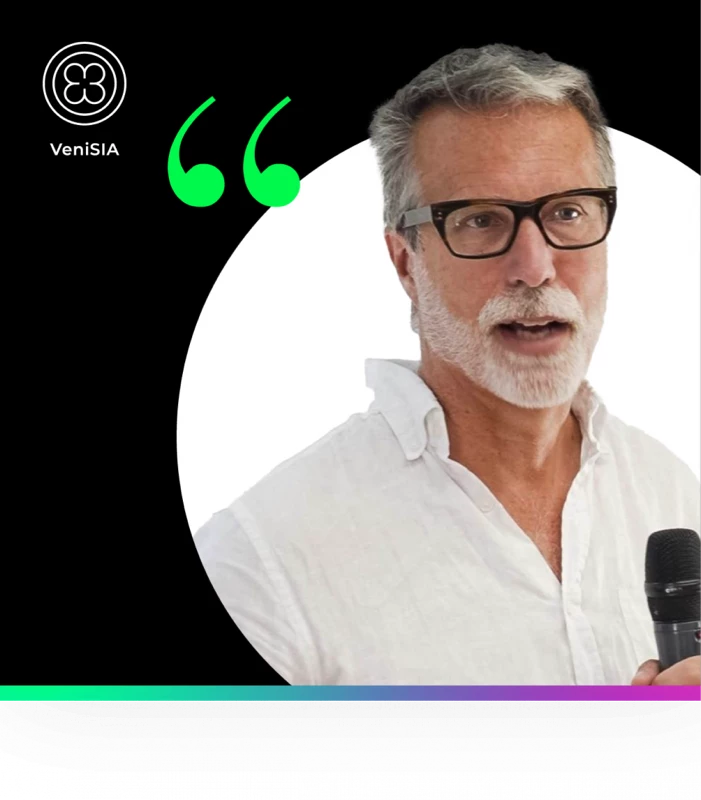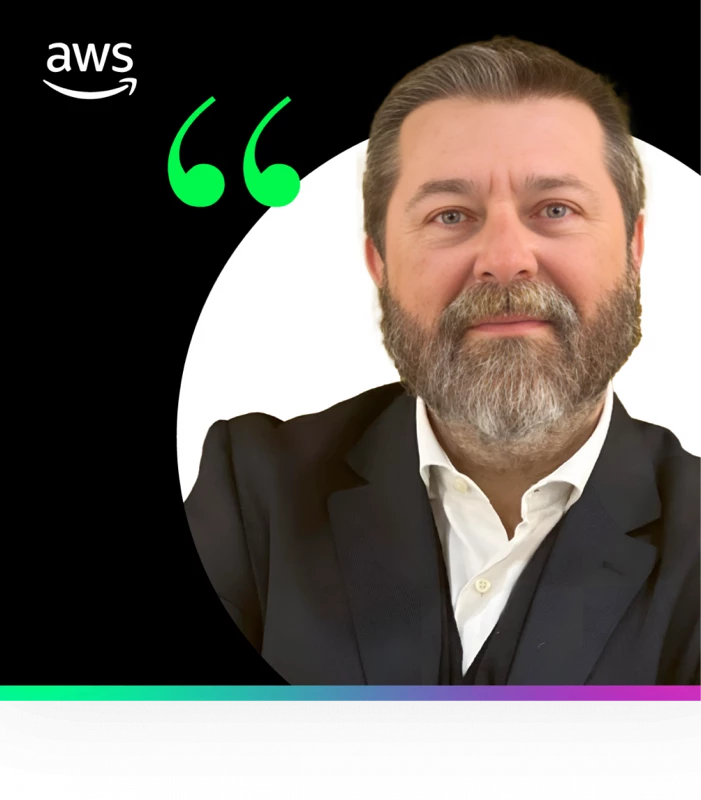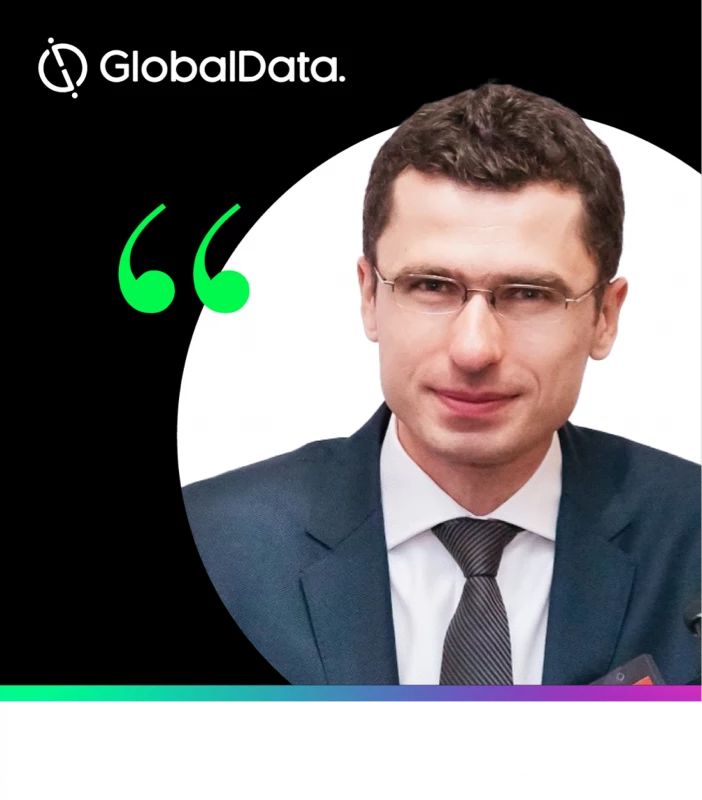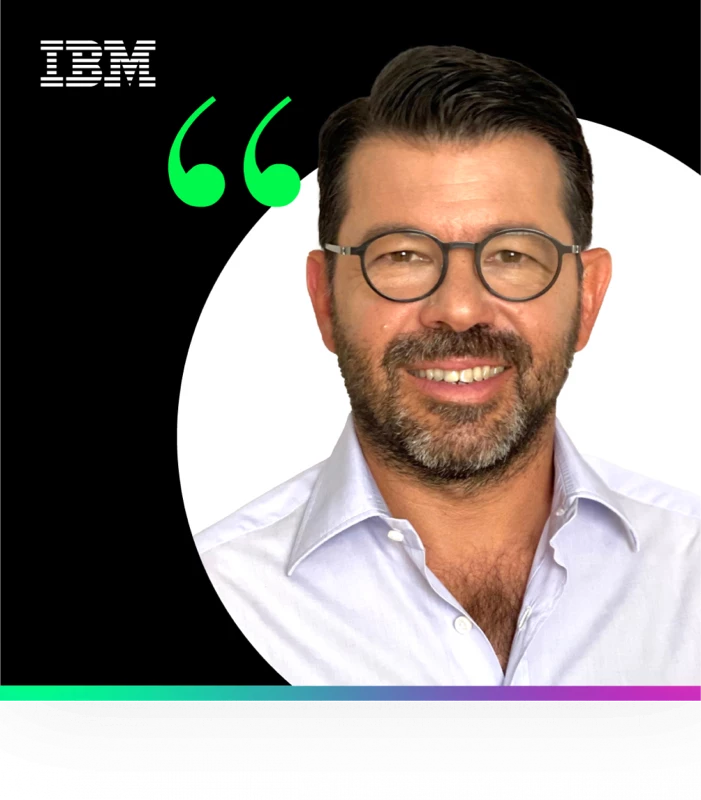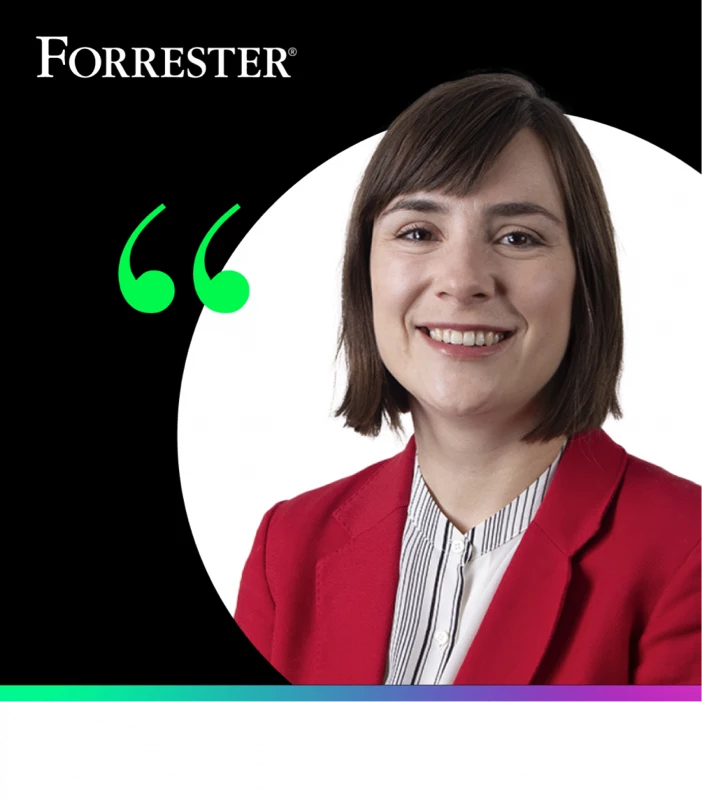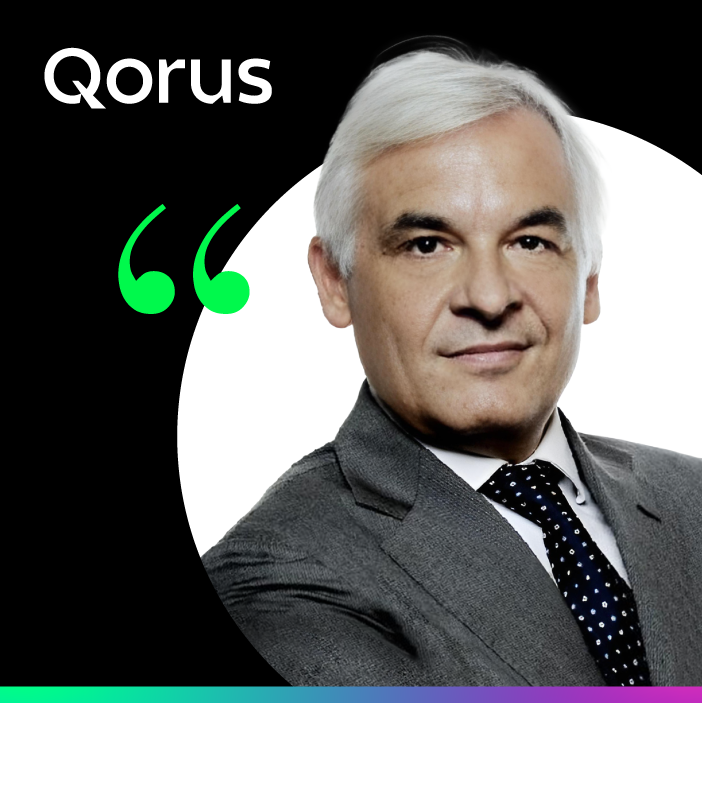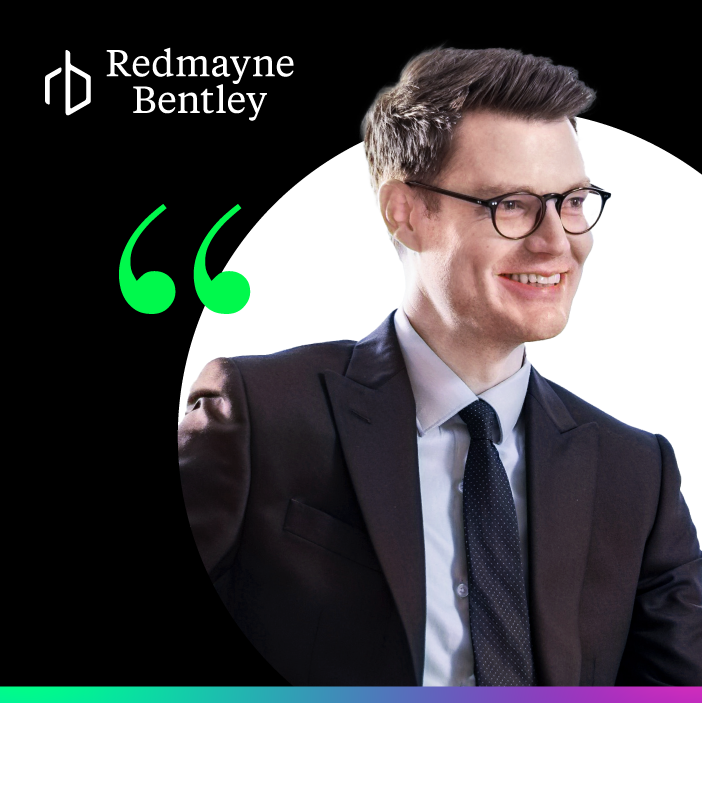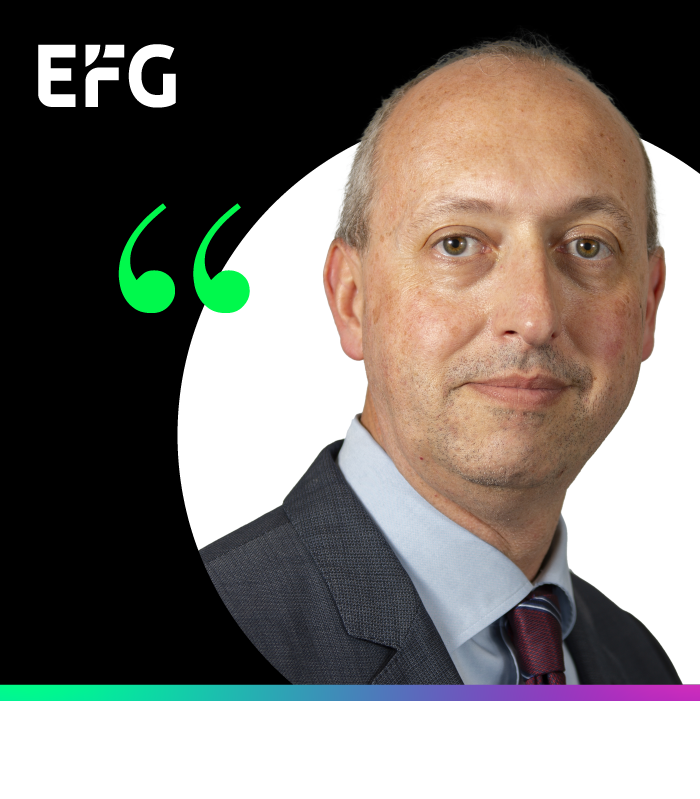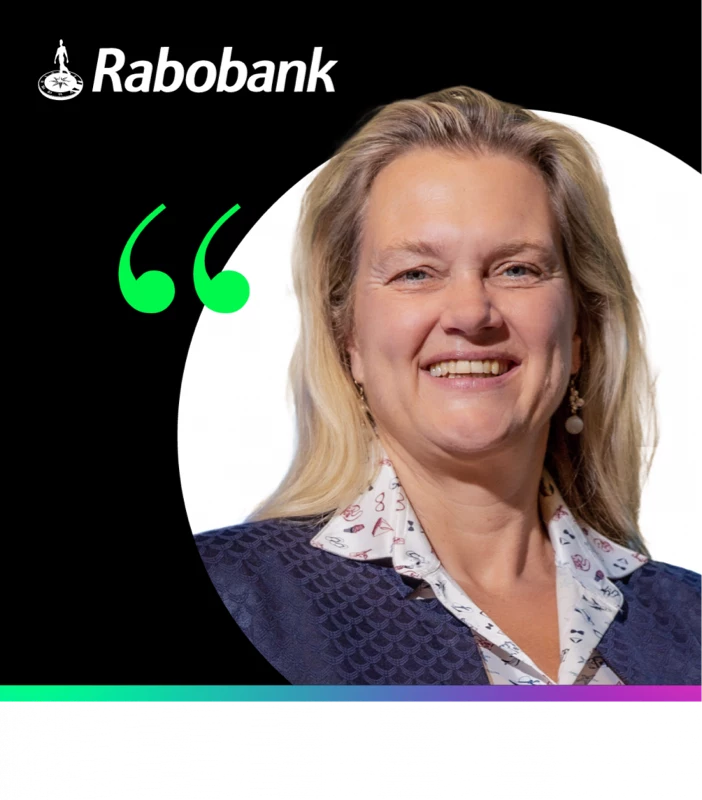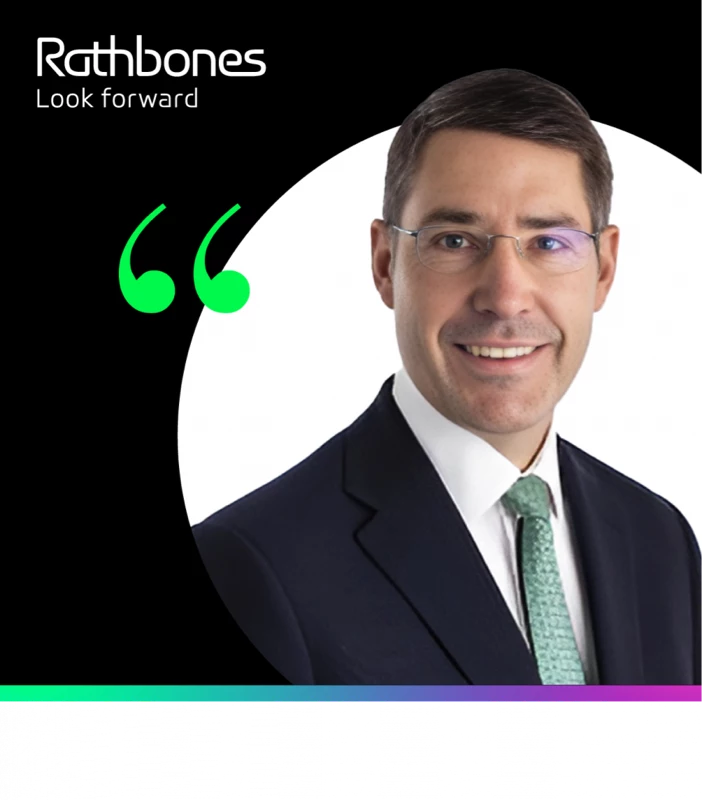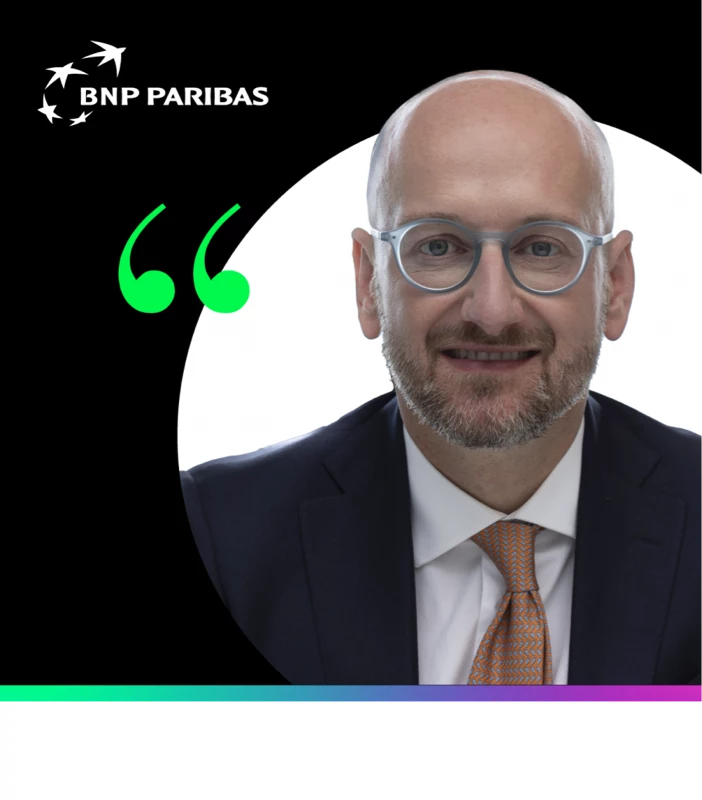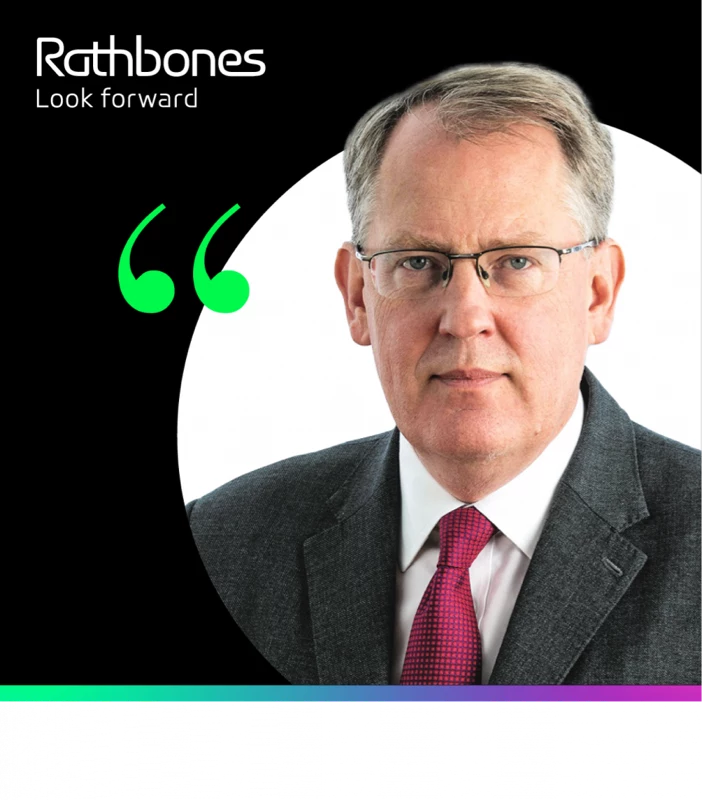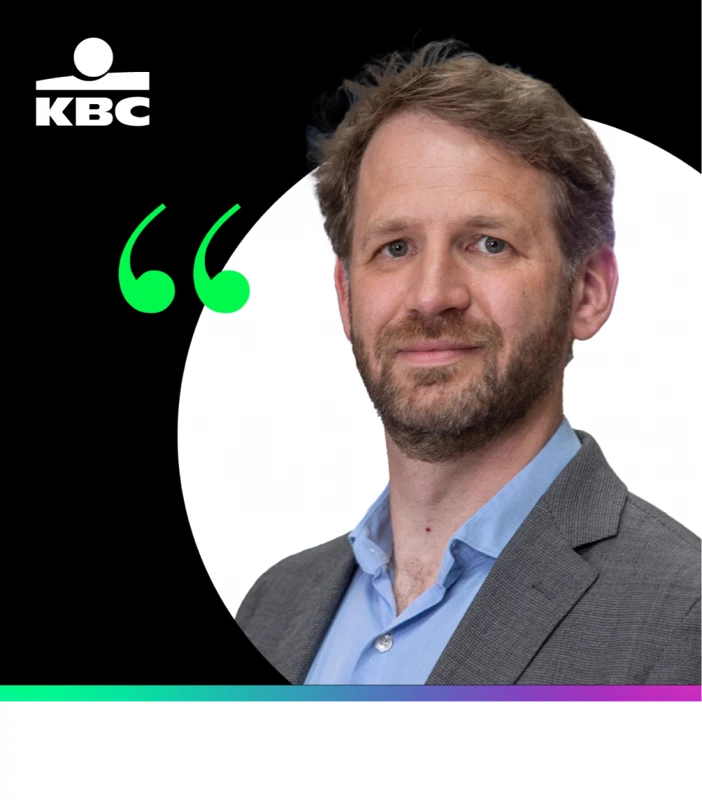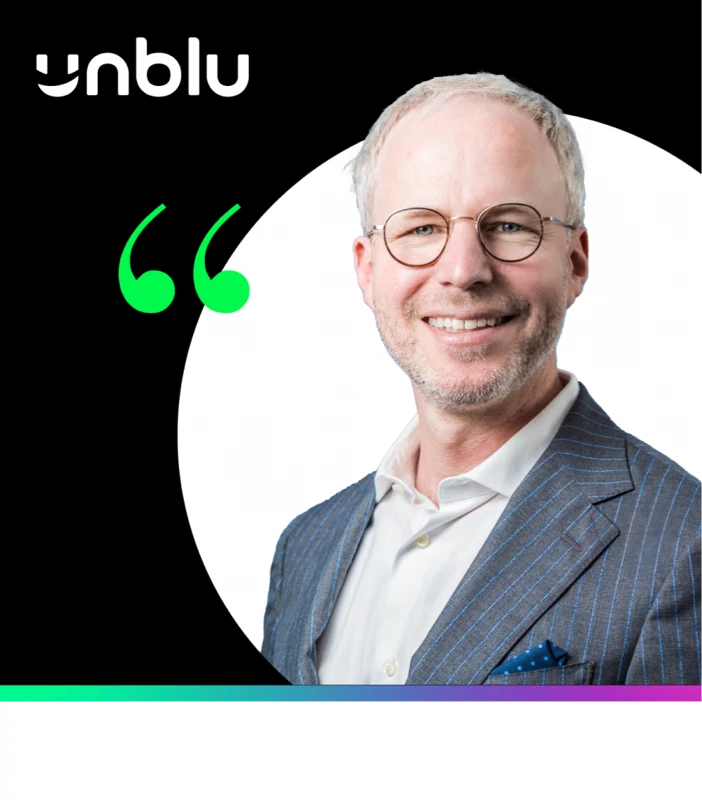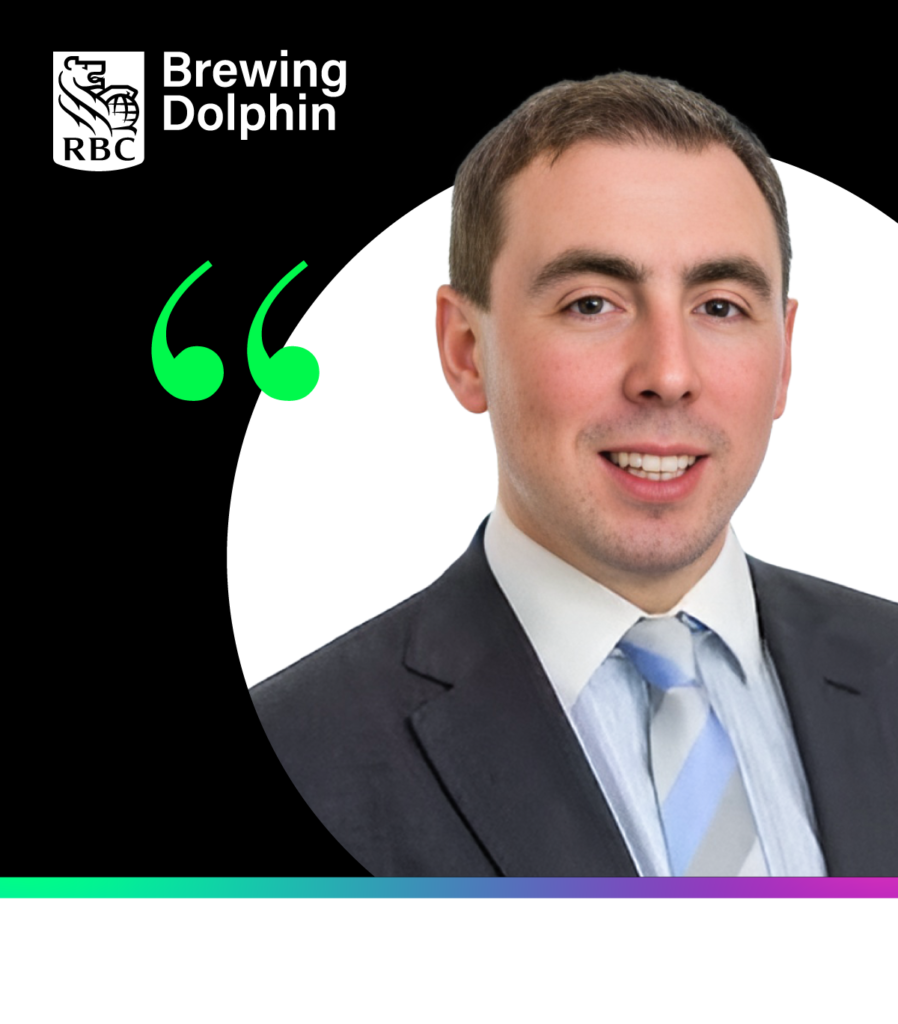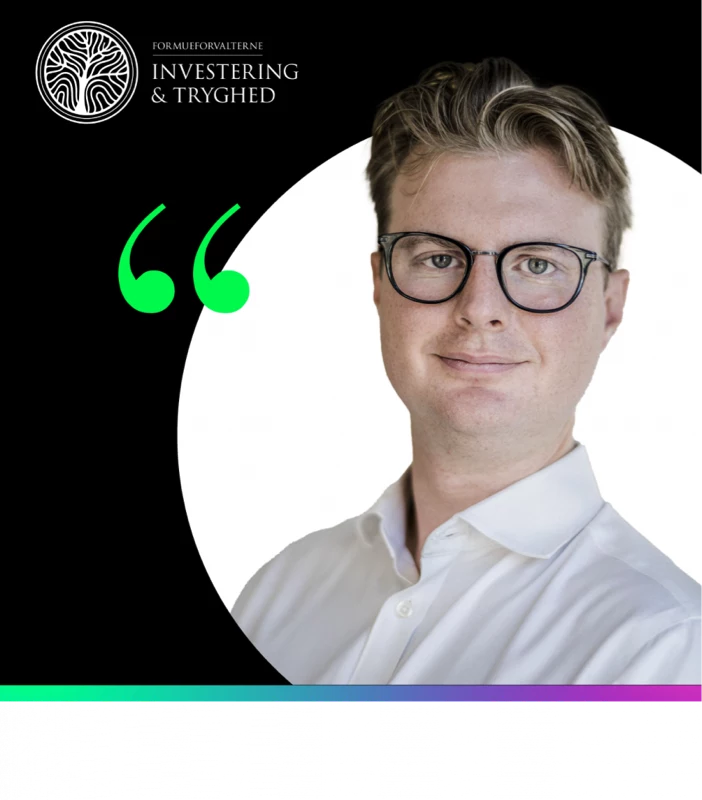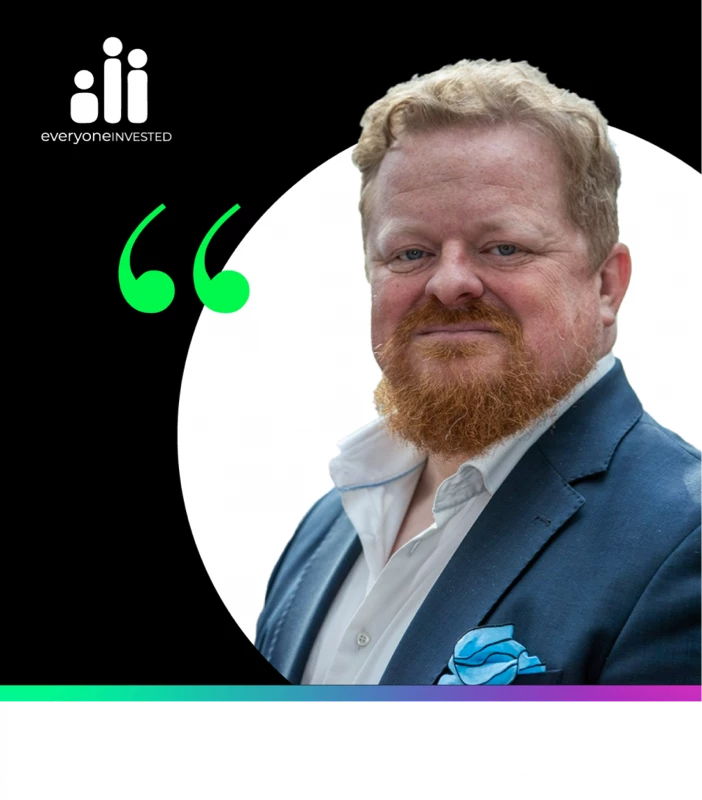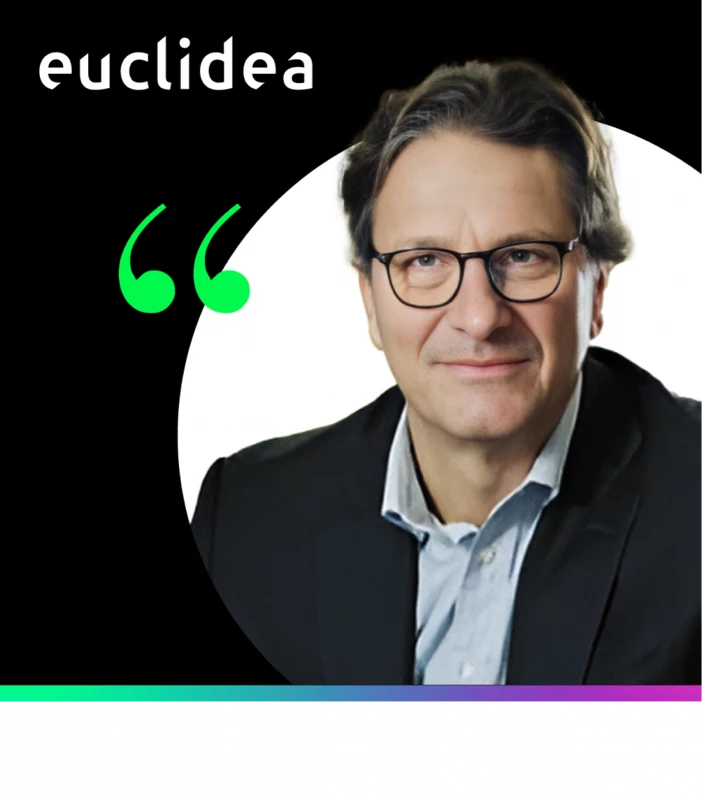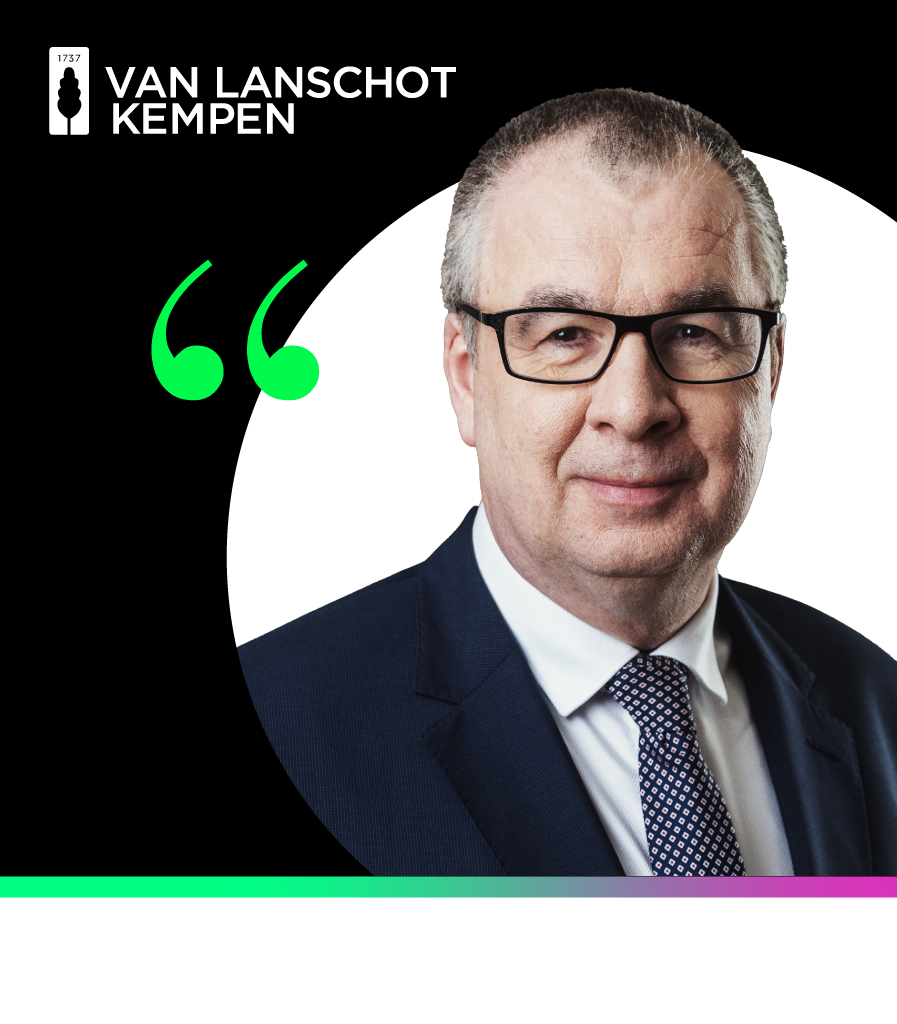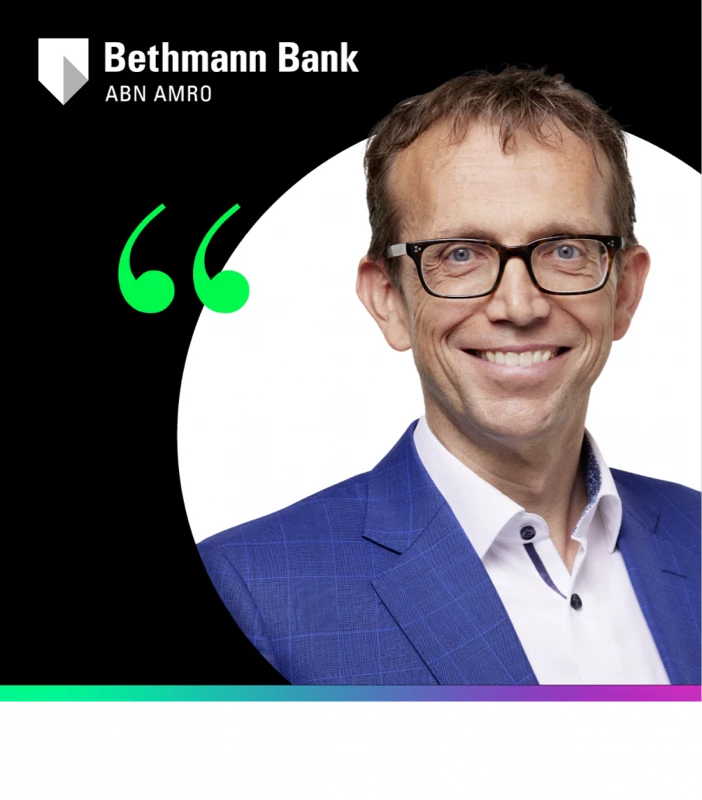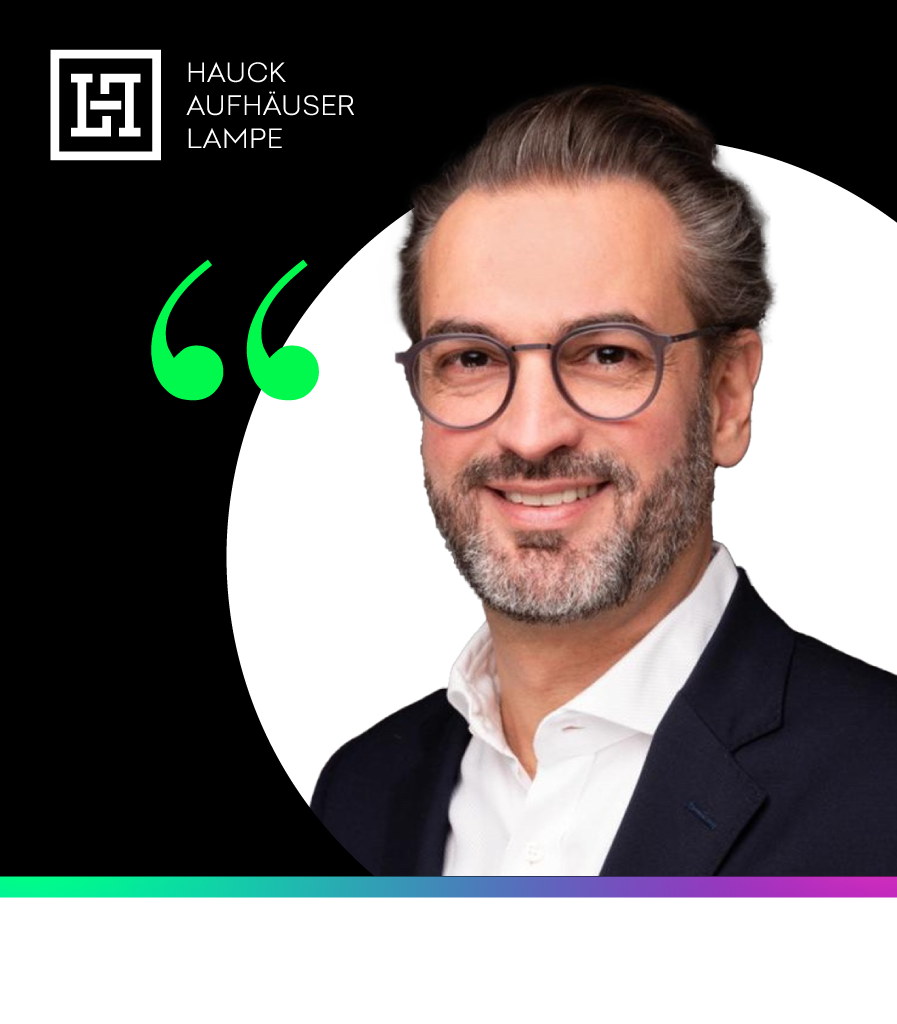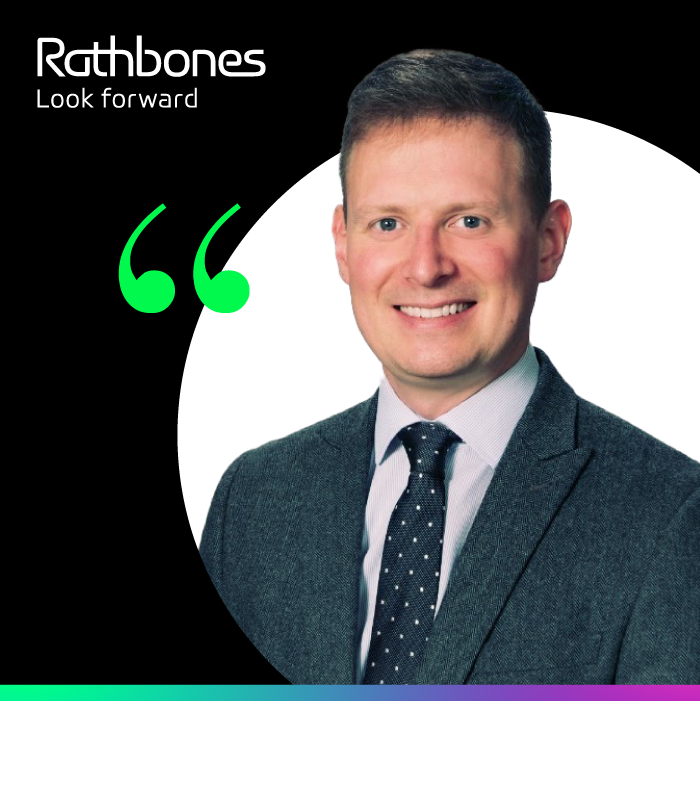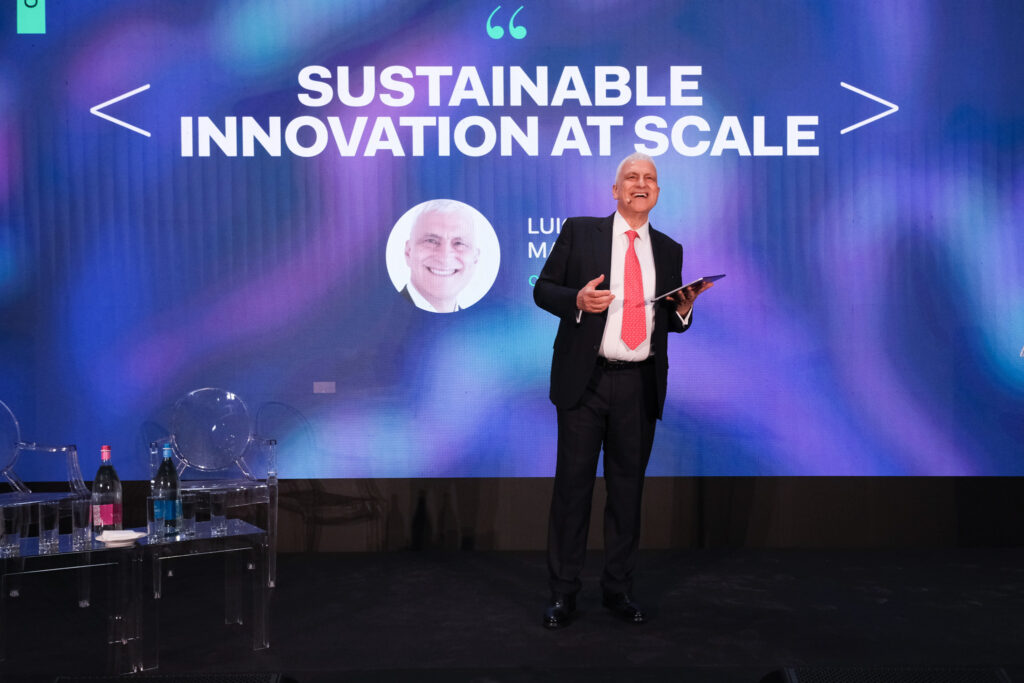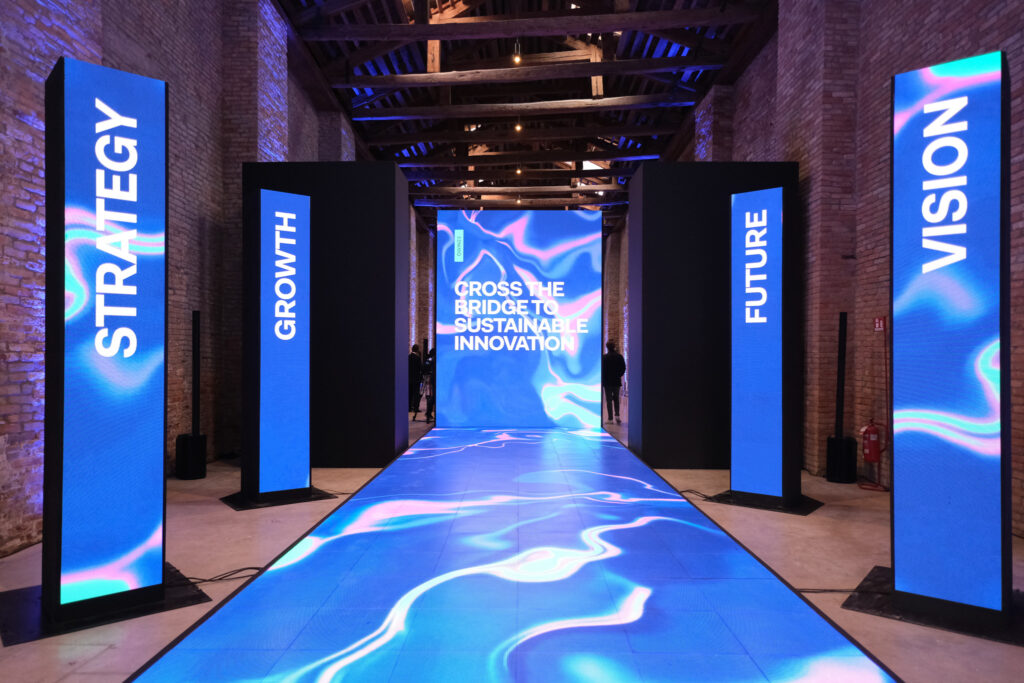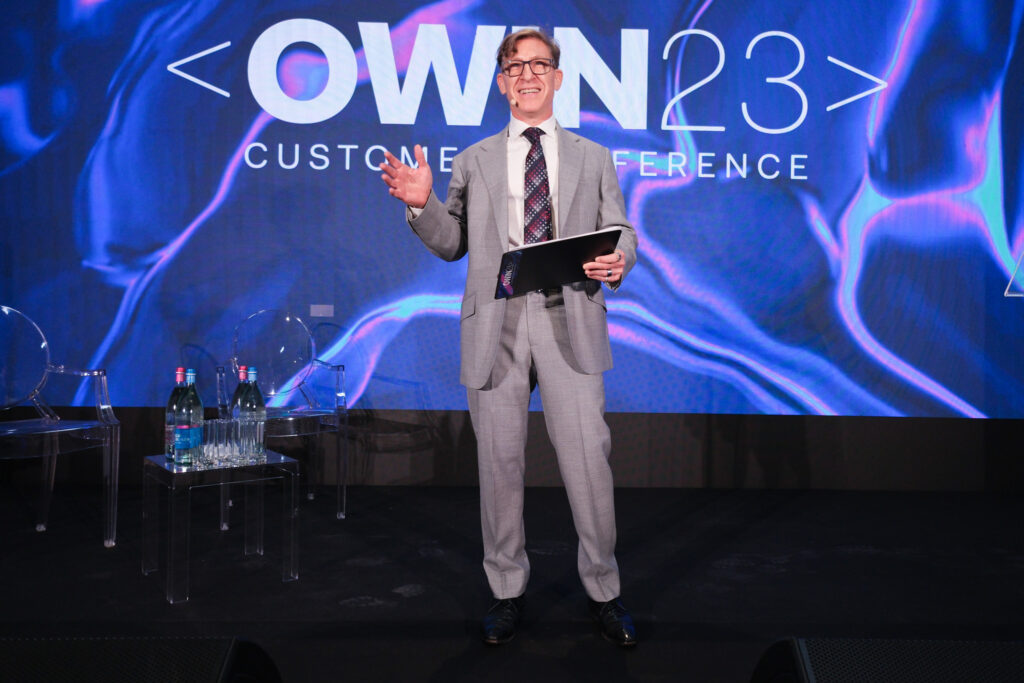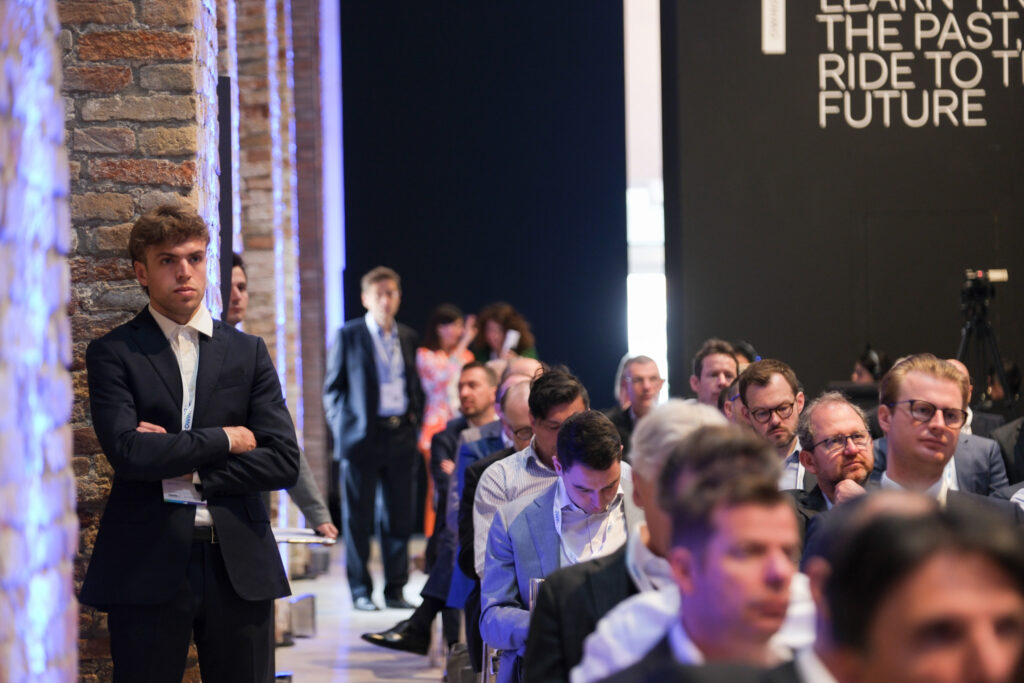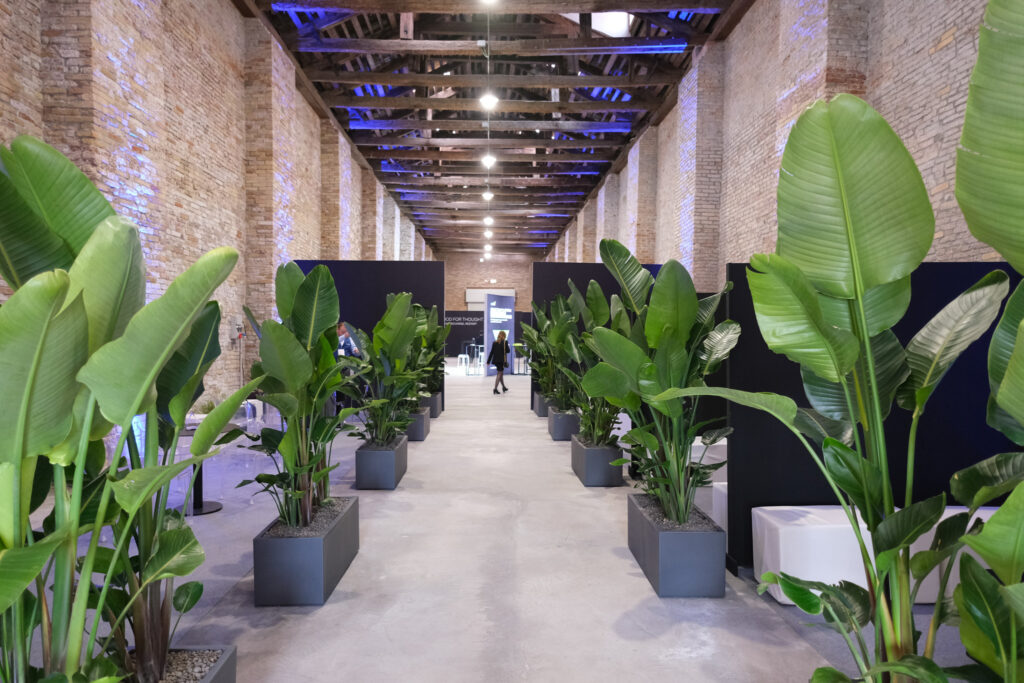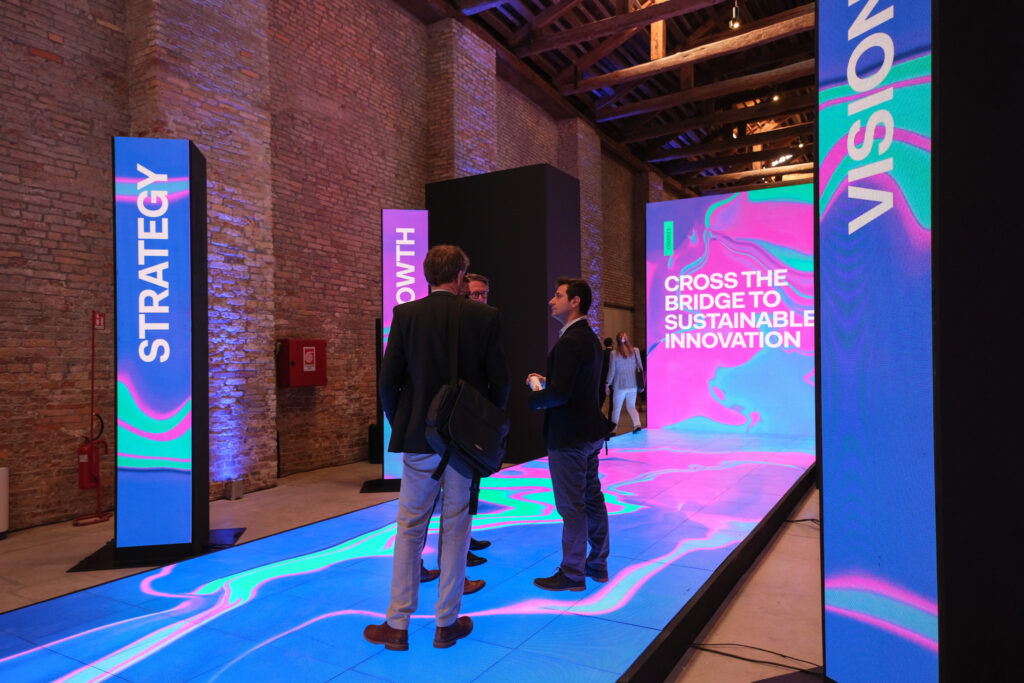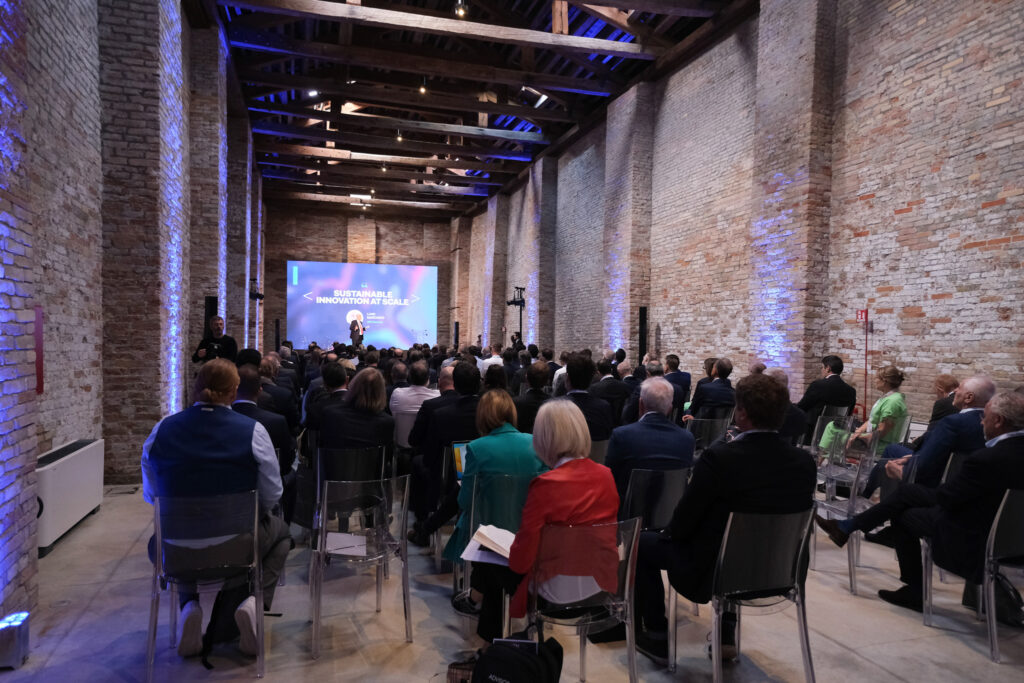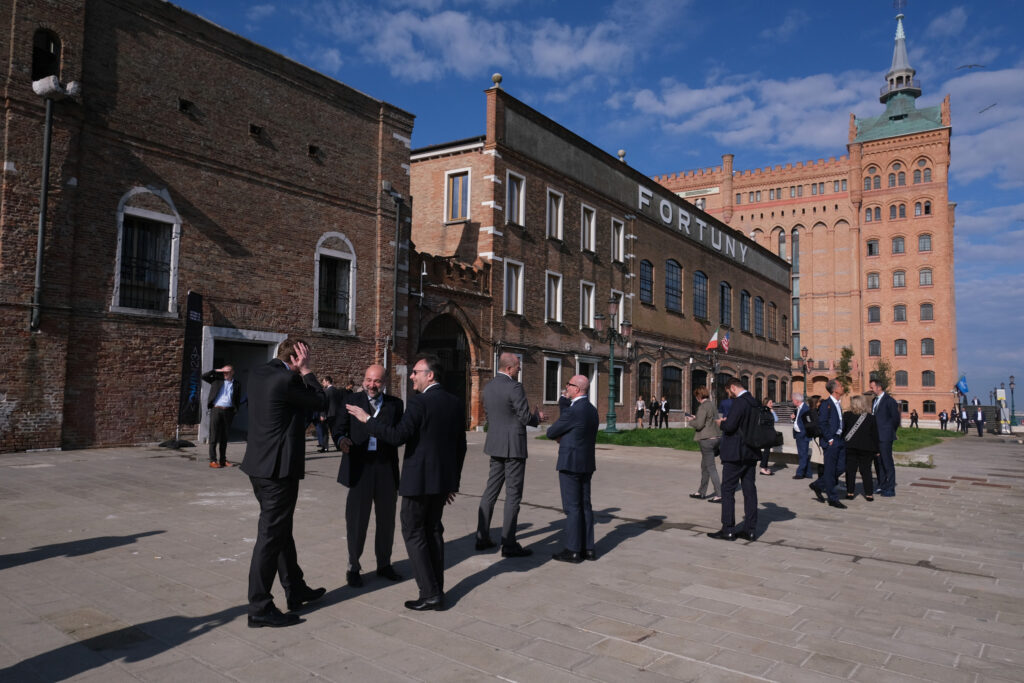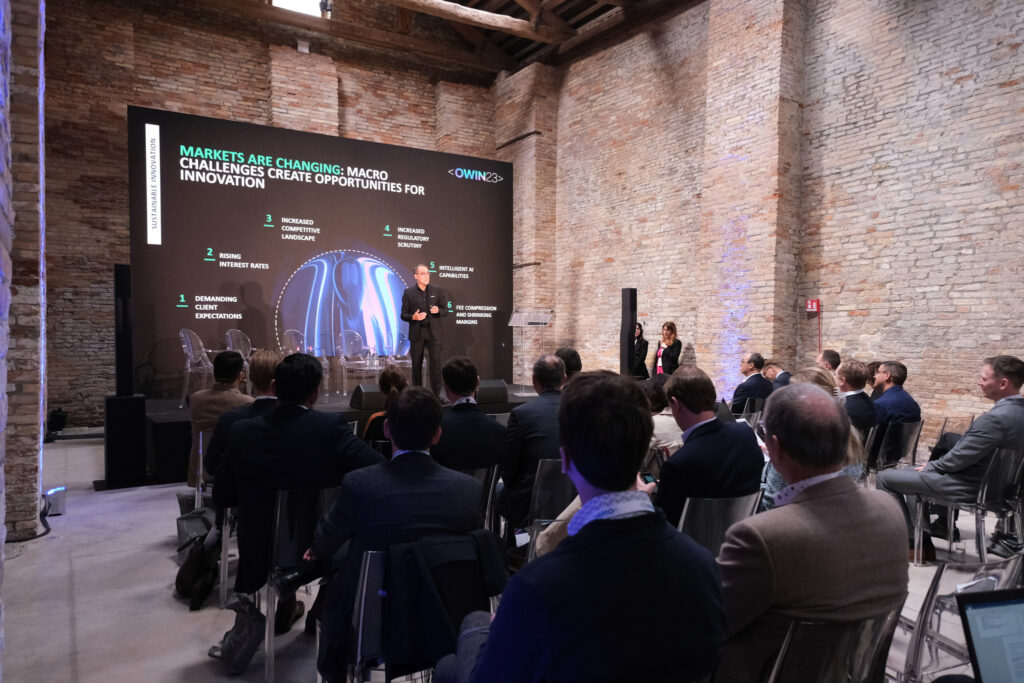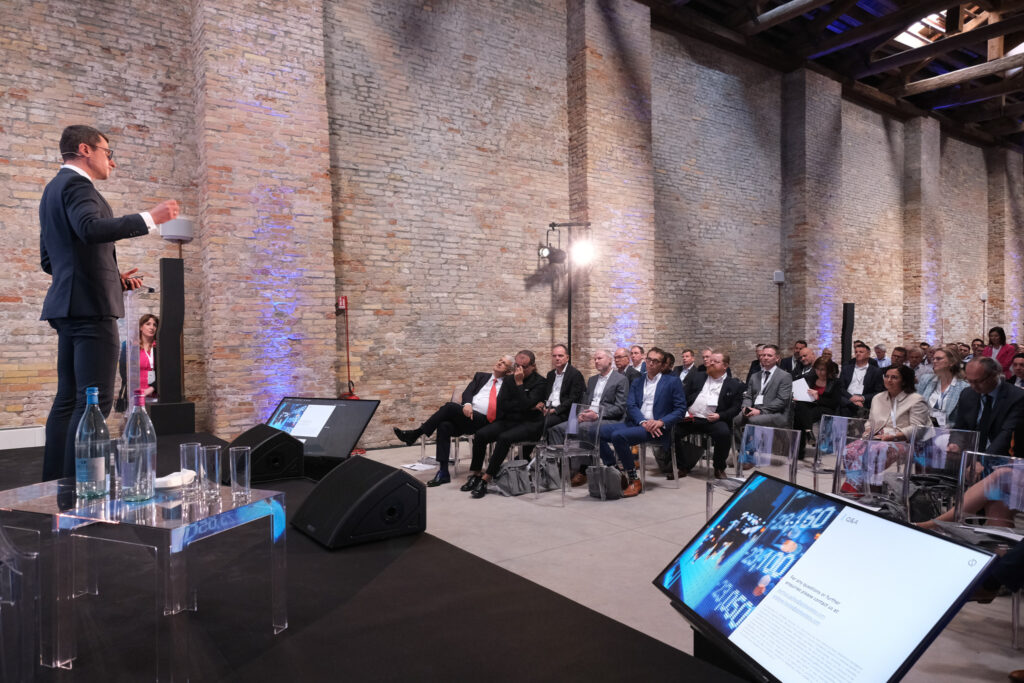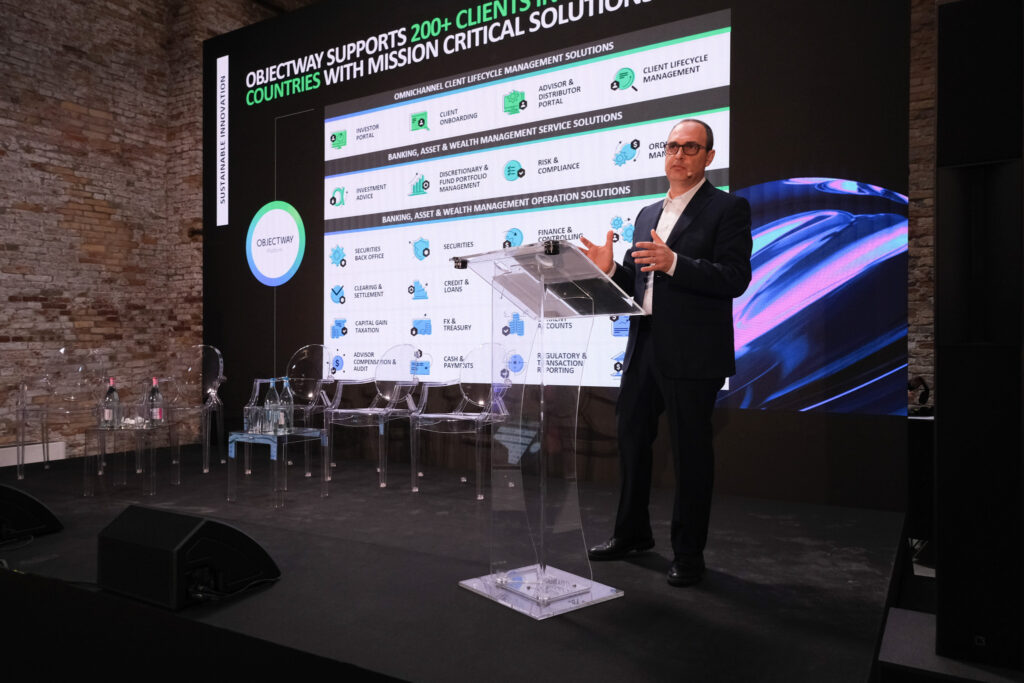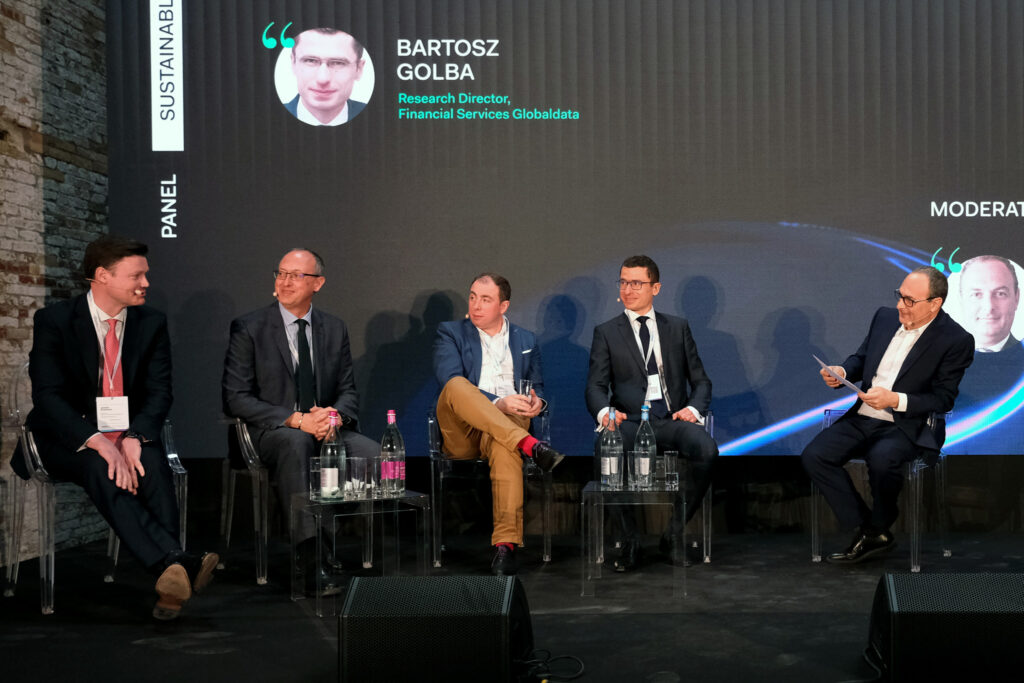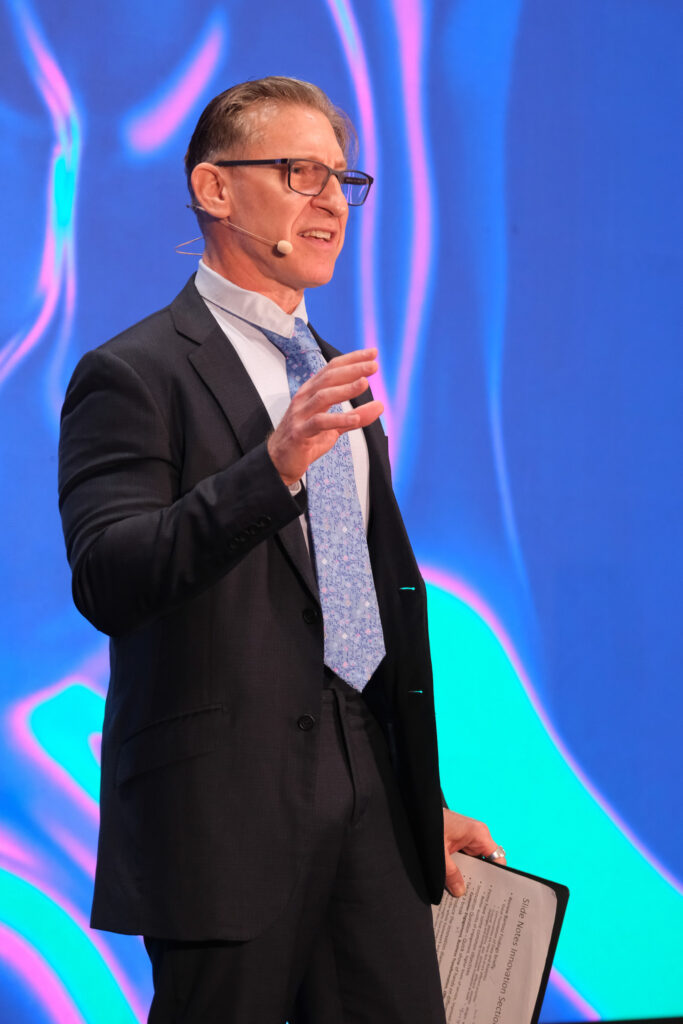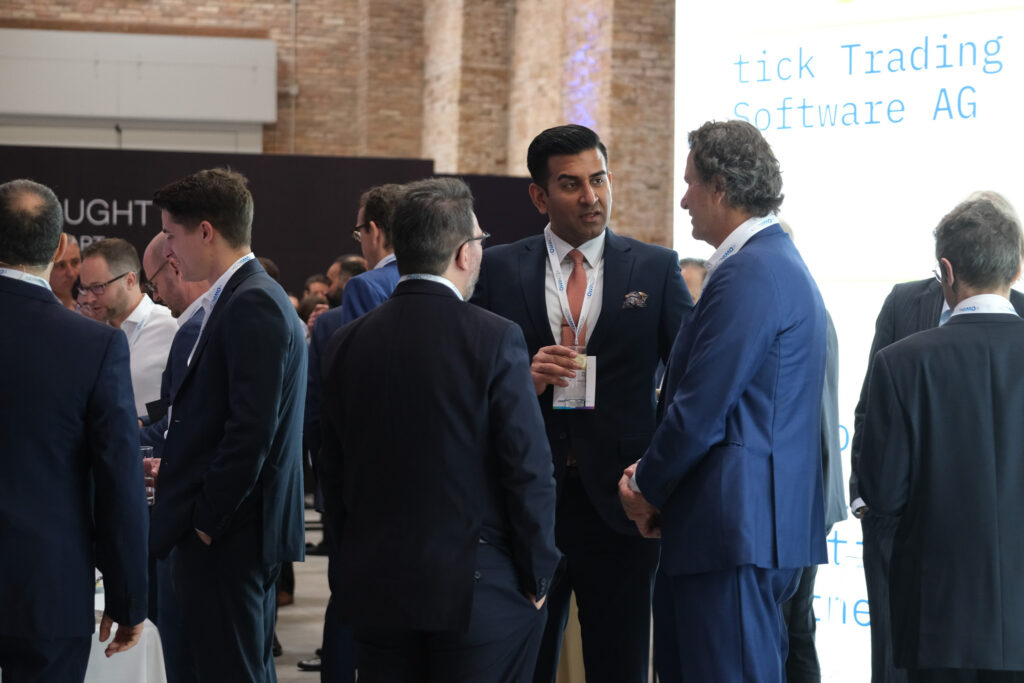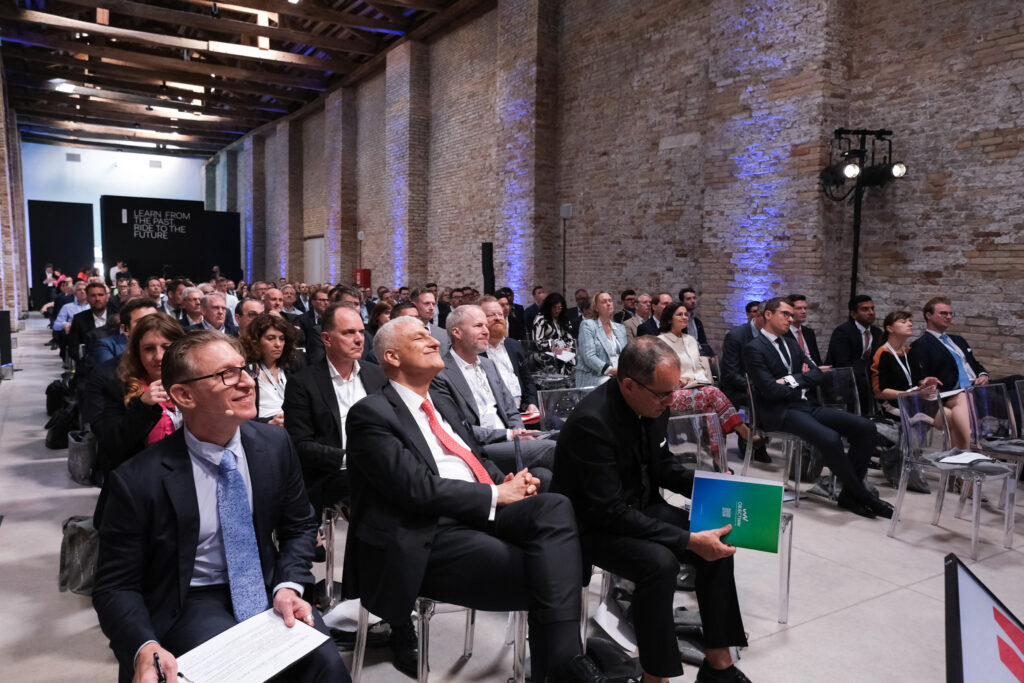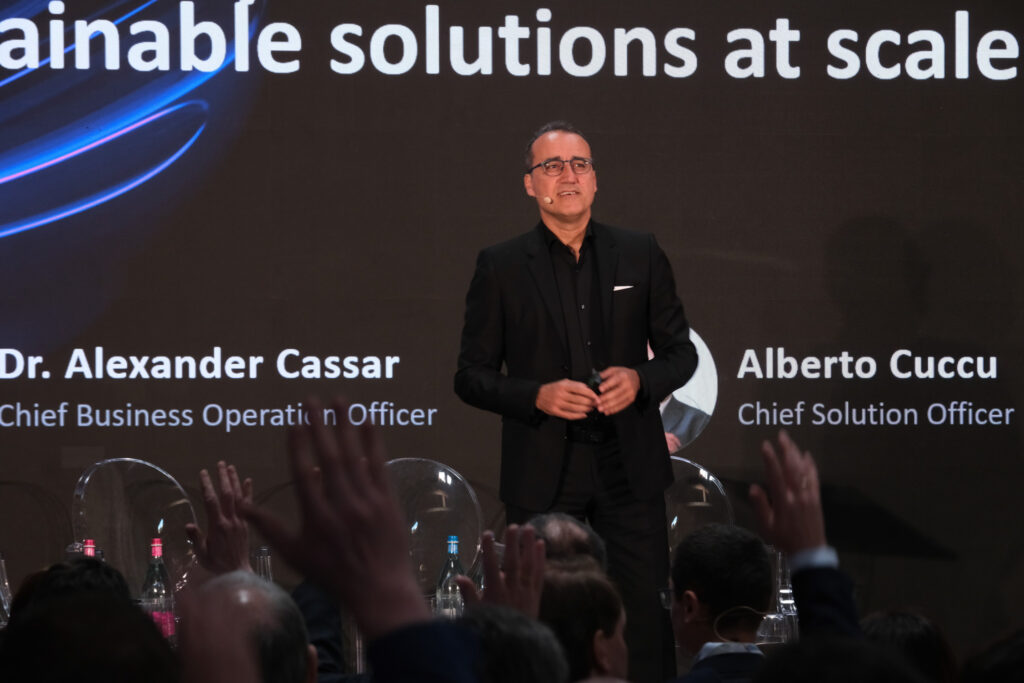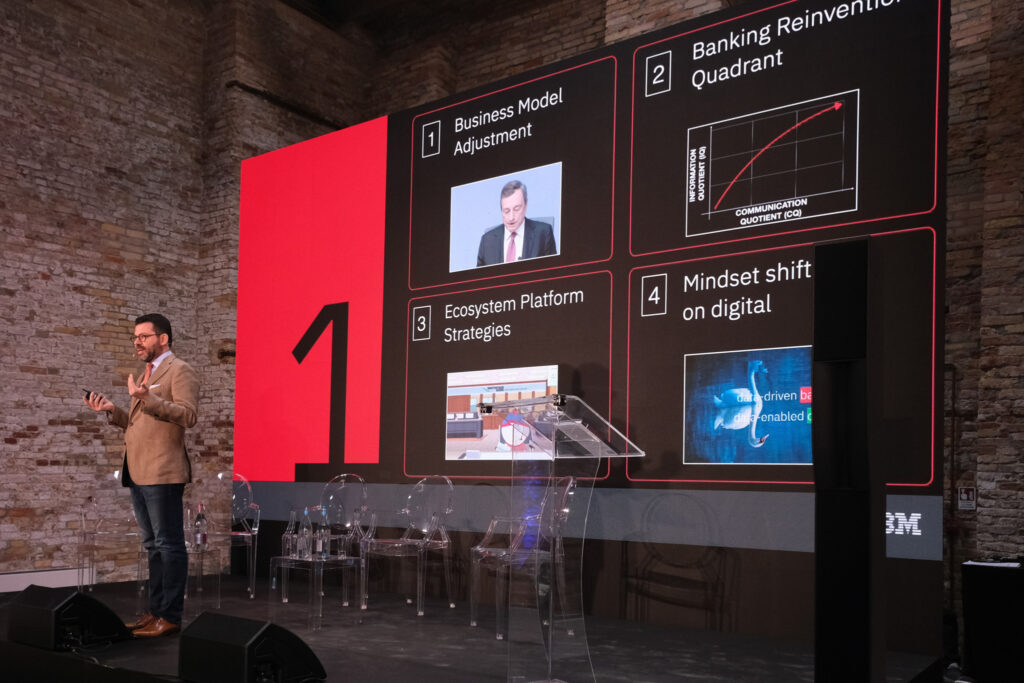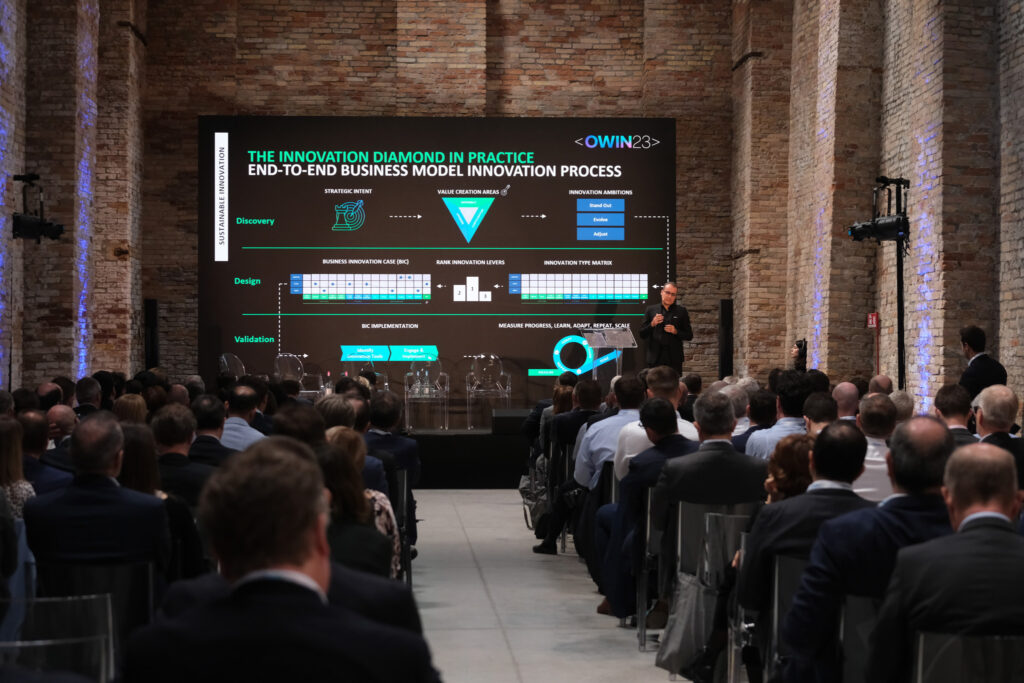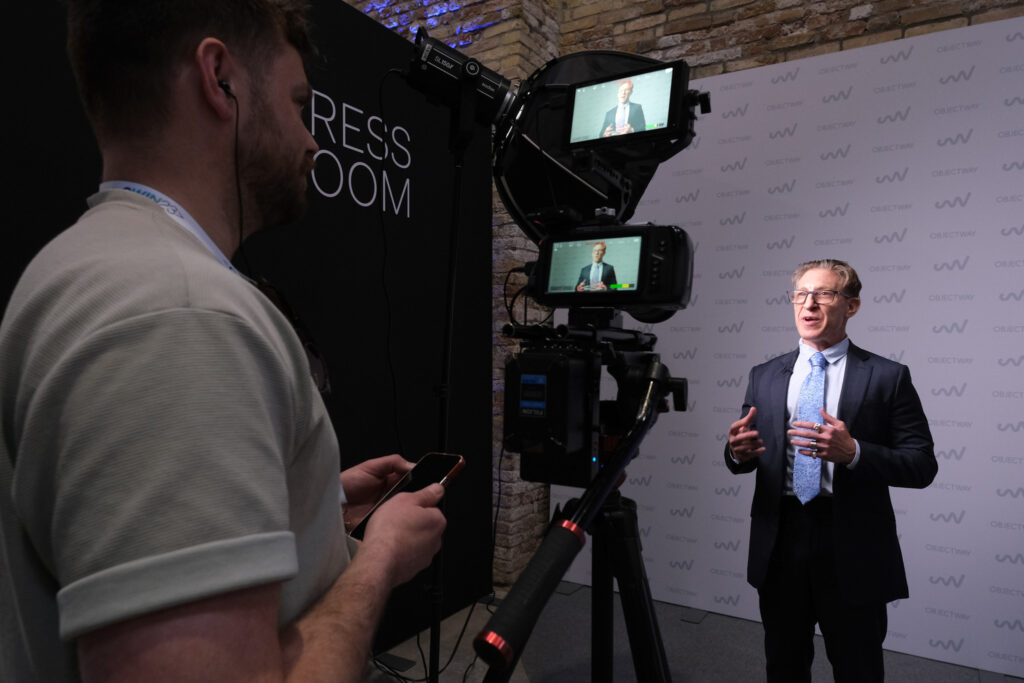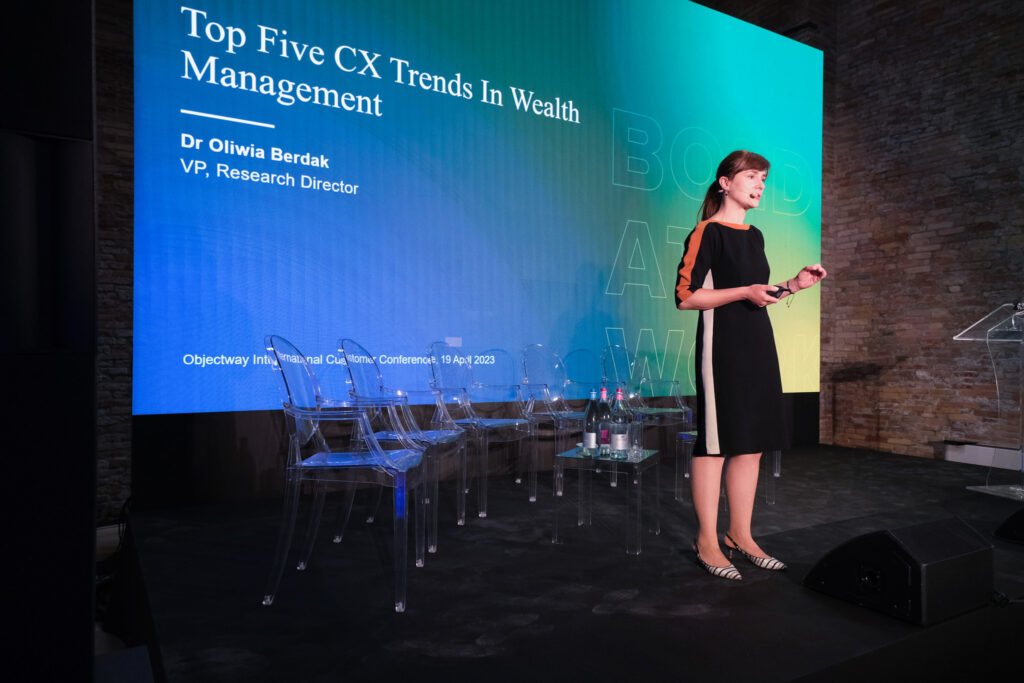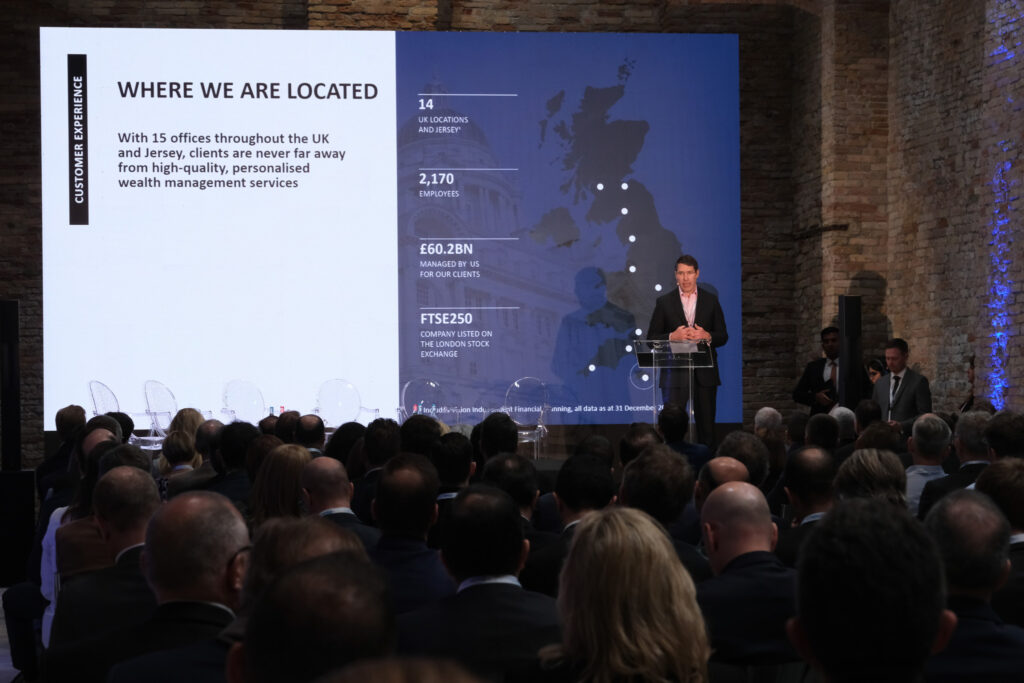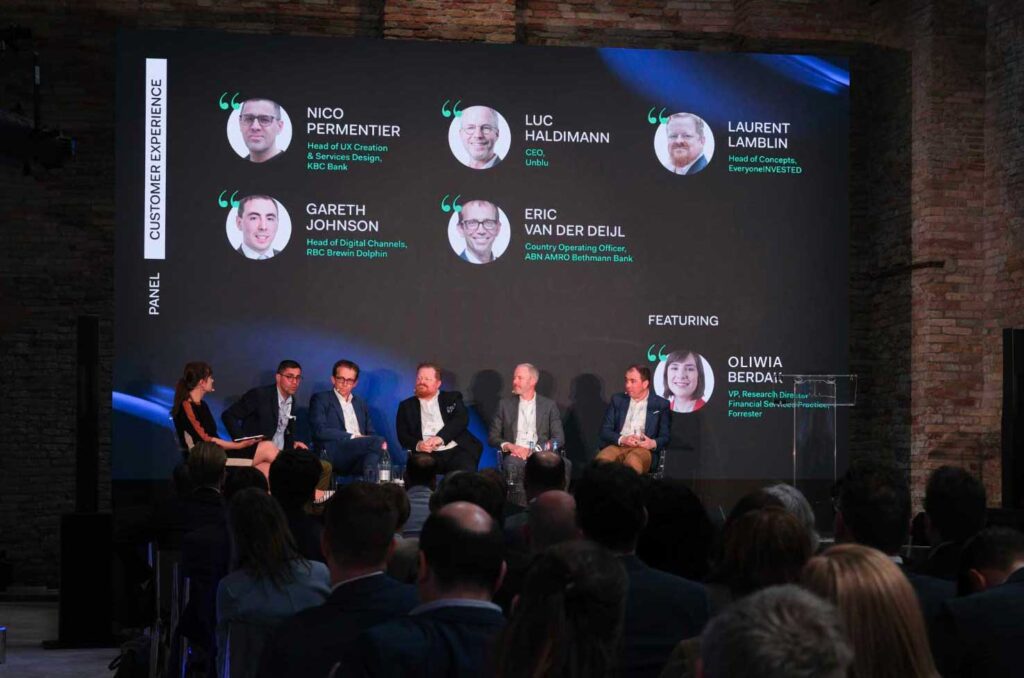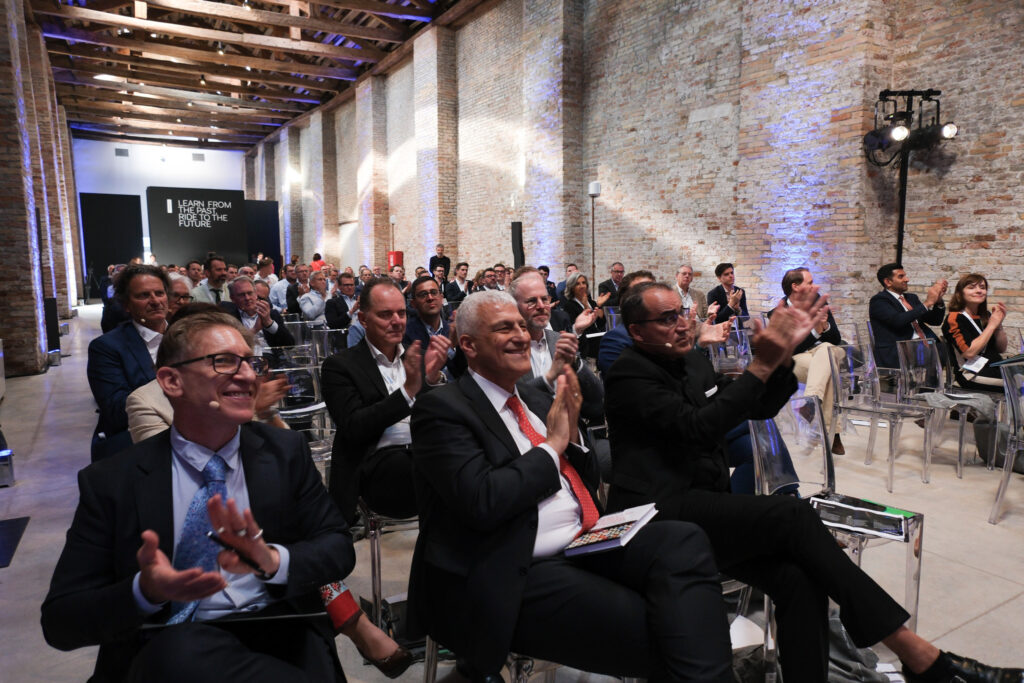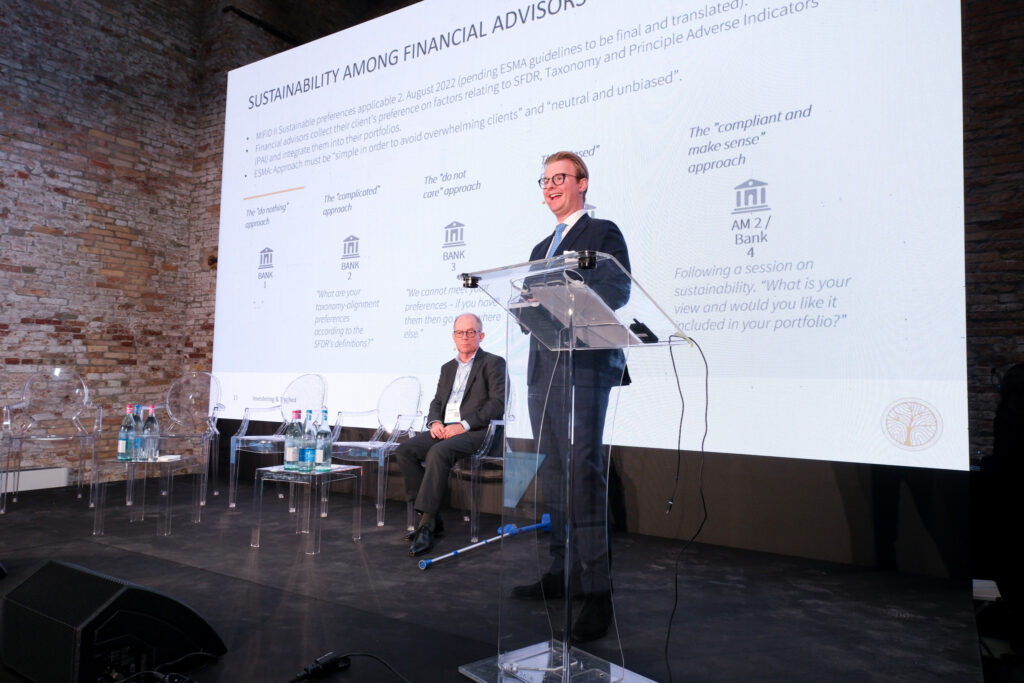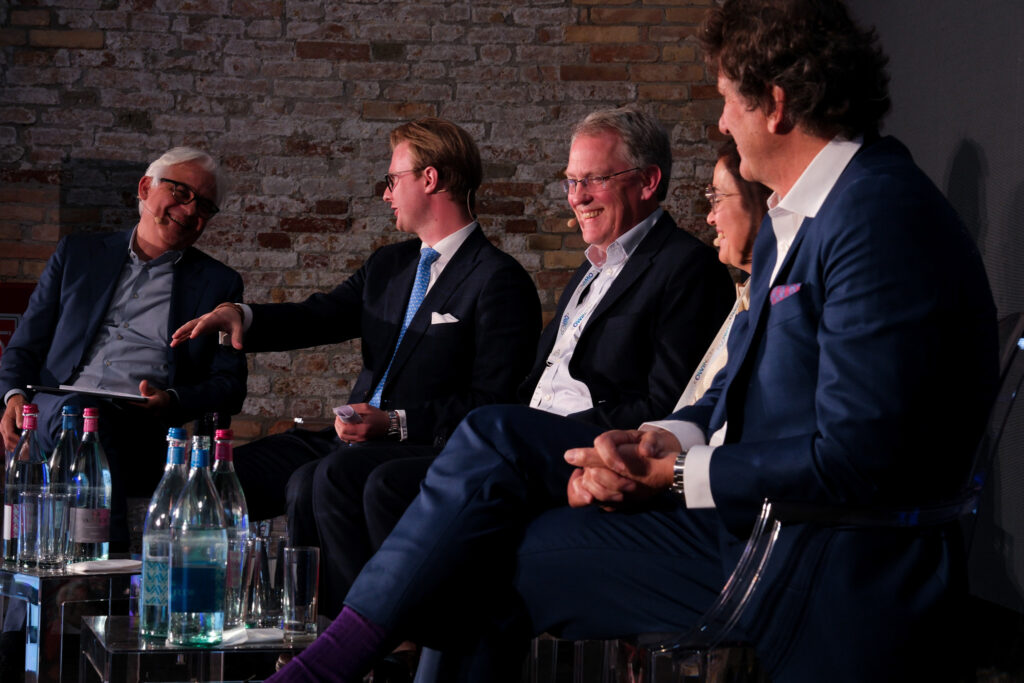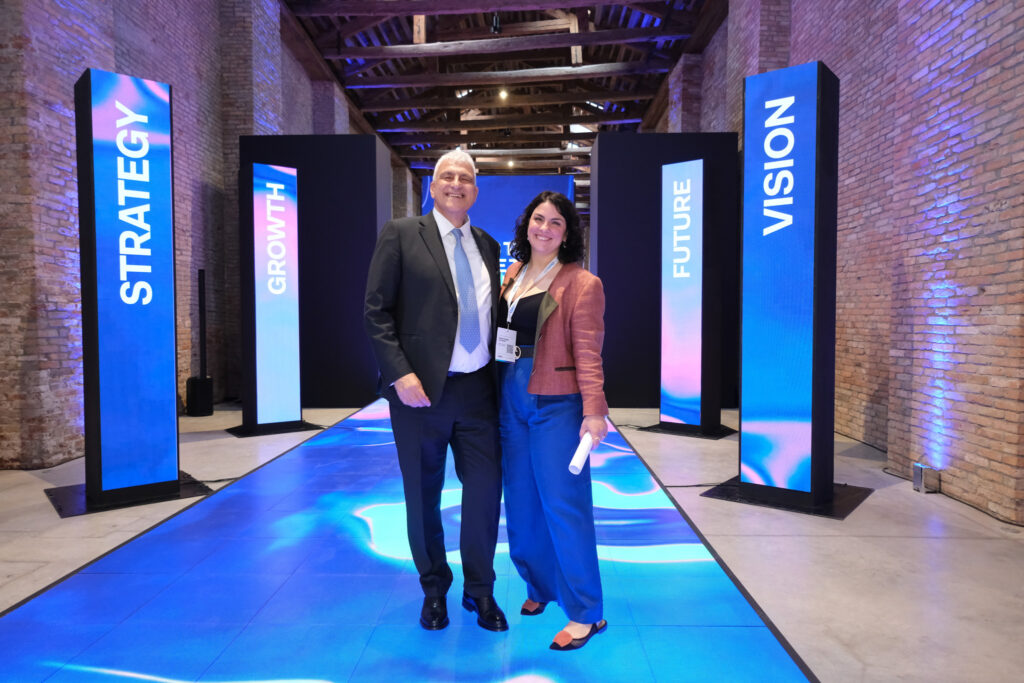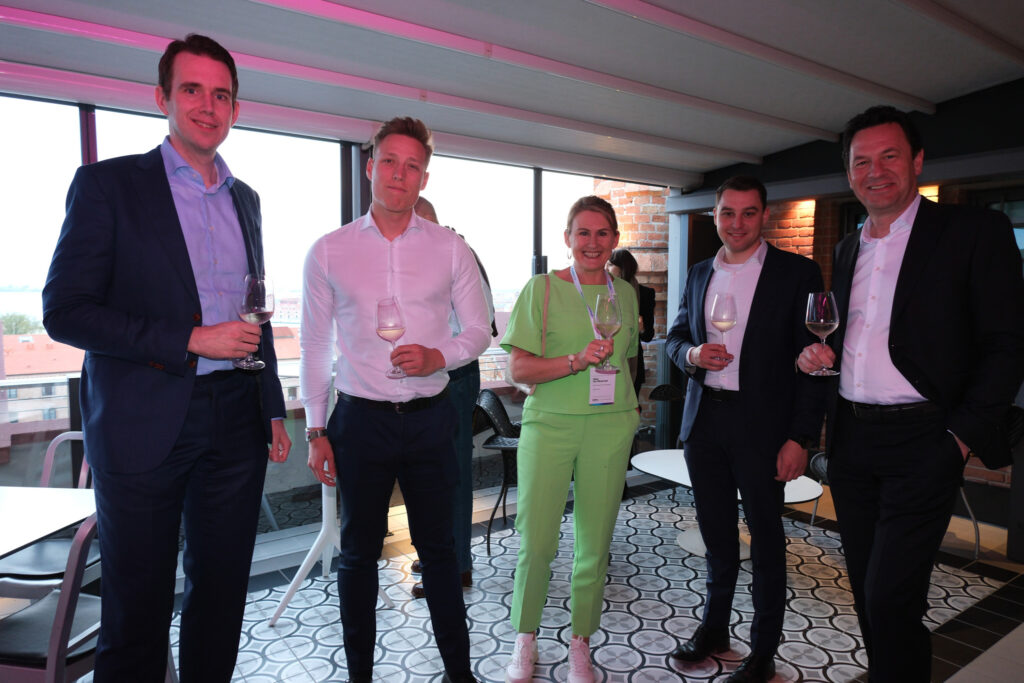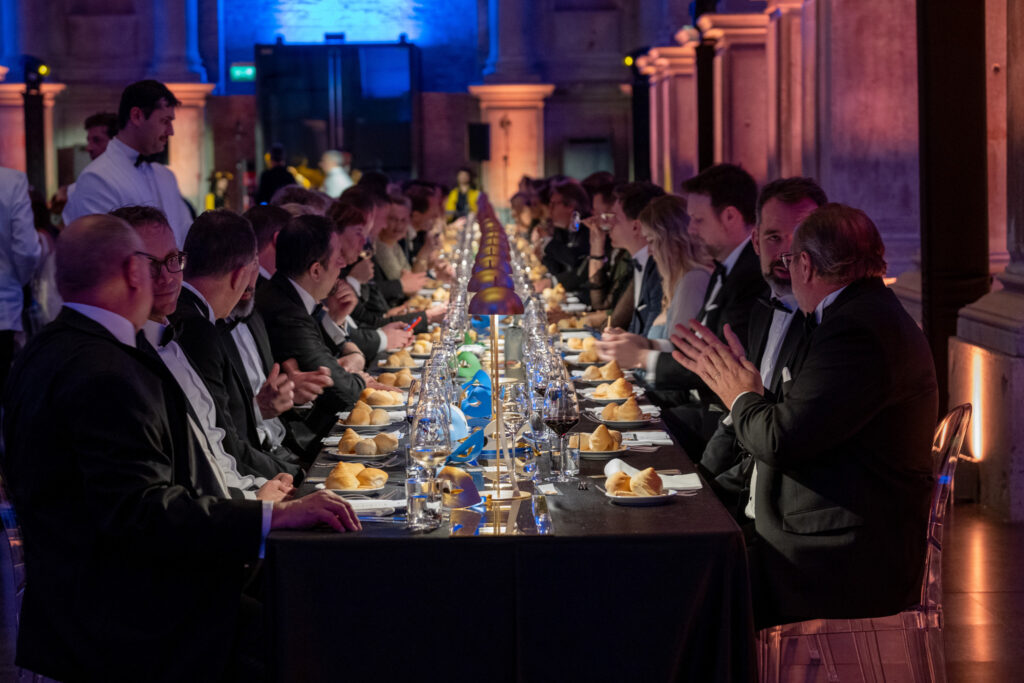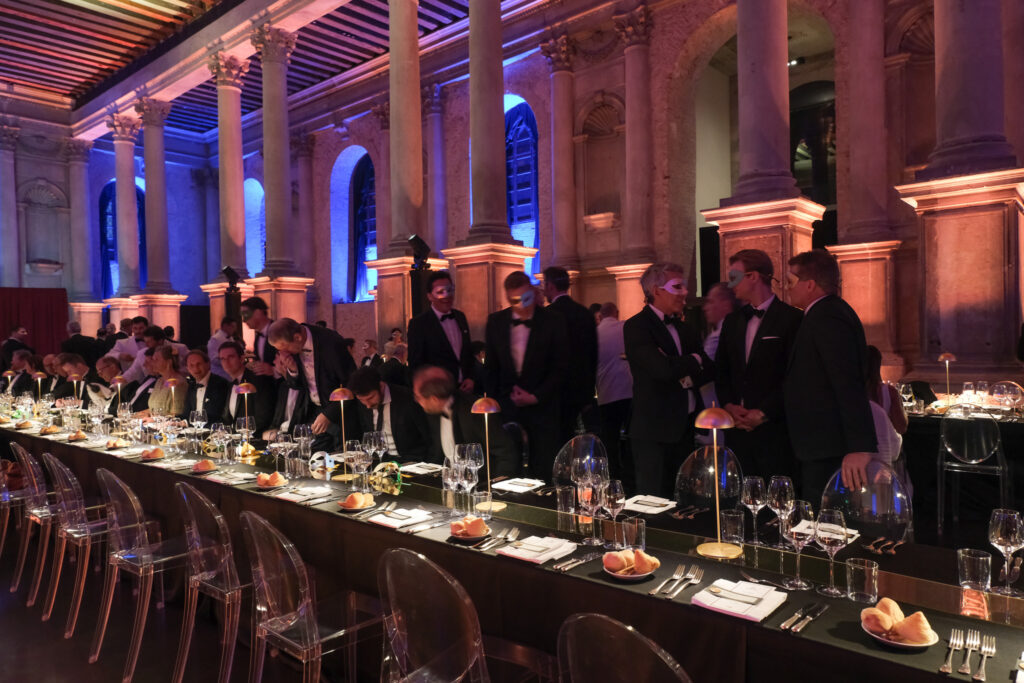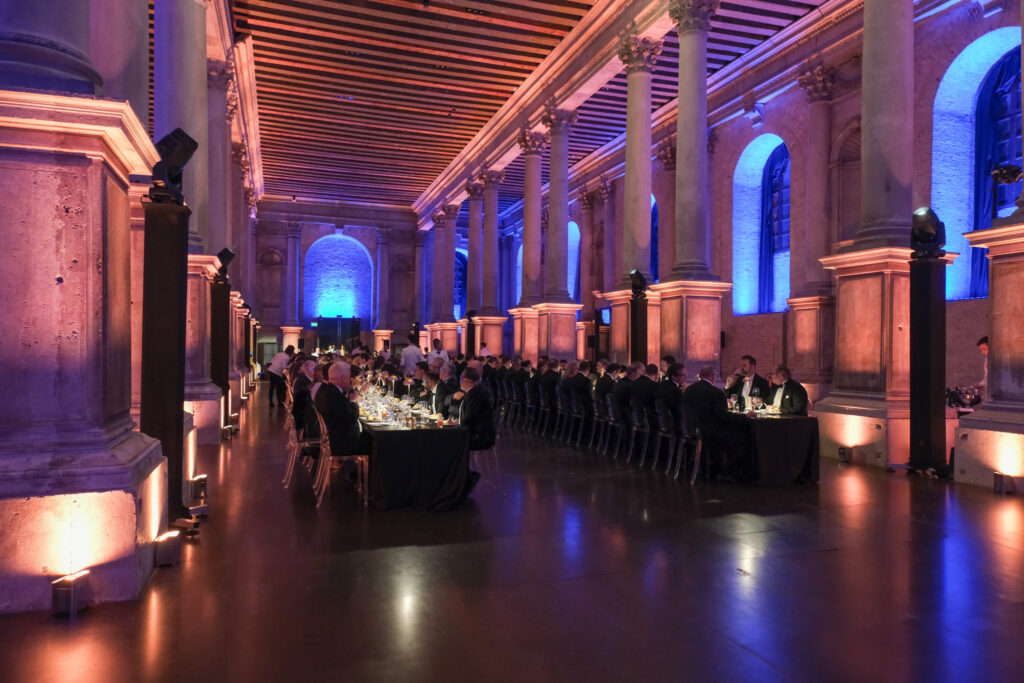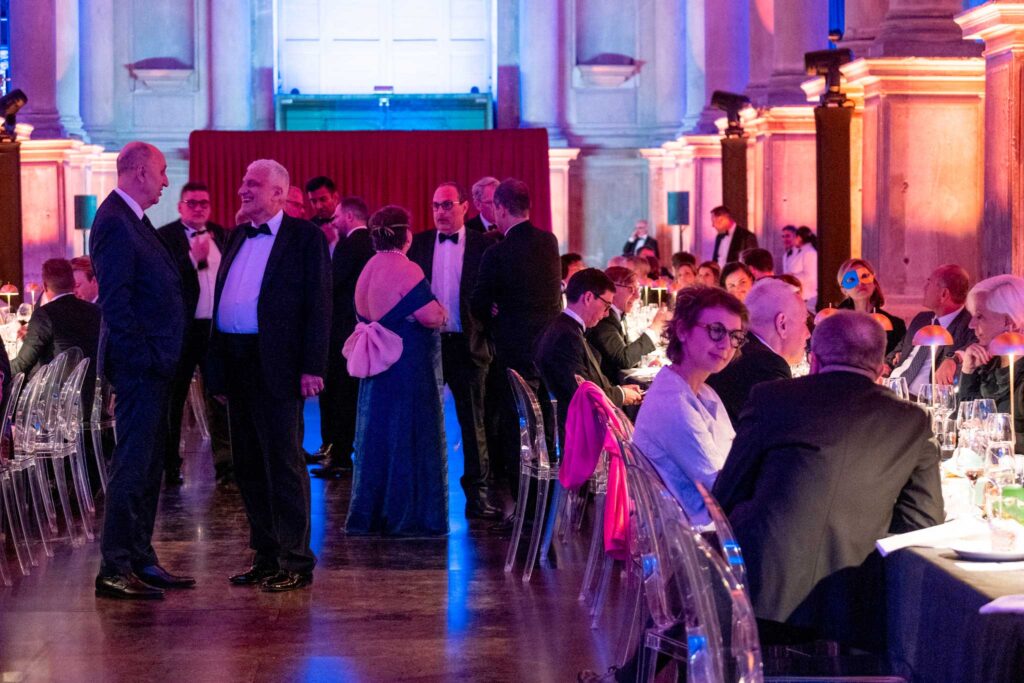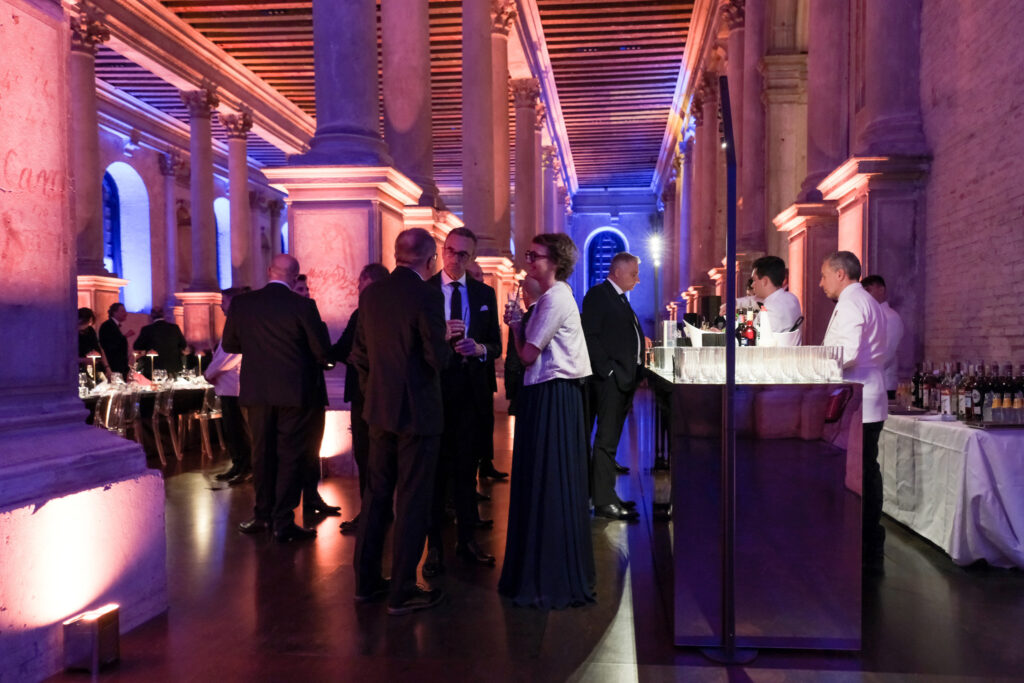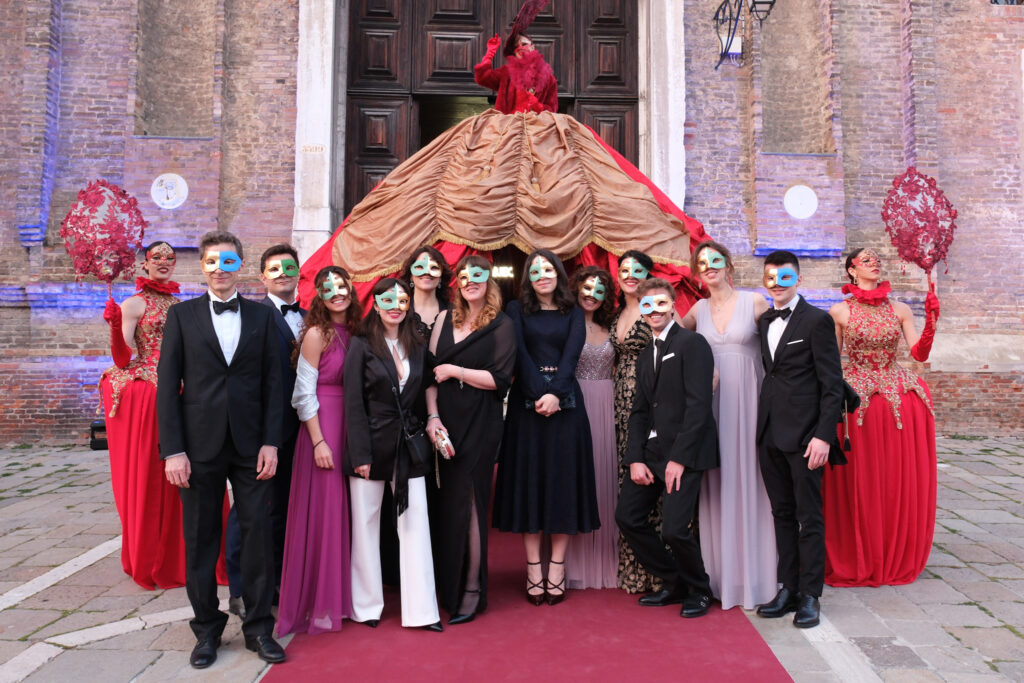
SUSTAINABLE INNOVATION AT SCALE
The OWIN23 three-days, immersive experience in the world of sustainable innovation at scale has represented an opportunity to meet, network, interact, share ideas with the most relevant European financial service players and gain valuable insights from top influential thought leaders on the future of Banking, Wealth and Asset management.
You can play a key role in helping clients to consider sustainability in their investment decisions, providing them with investment options that align with sustainability goals, adopting sustainable business practices that can generate a positive social impact and create value by minimizing the environmental impact, in addition to financial returns.
Our next Customer Conference will be focused on the burning issue of generating sustainable innovation at scale, exploring these main themes:
CUSTOMER EXPERIENCE
CUSTOMER EXPERIENCE
Focusing on how the digital experience can provide easily accessible tools to make sustainable investment choices, enabling firm to highlight the sustainable features of their products and services.
BUSINESS
RE-CONFIGURATION
BUSINESS RE-CONFIGURATION
Innovation of the technology and operating models with a state-of-art platform, evolving the sourcing model from on-premise to SaaS and BPaaS, and how these models can also support sustainability in terms of resource efficiency.
OFFERING
EVOLUTION
OFFERING EVOLUTION
Evolving investment solutions design, aligning to profitability while expanding their potential to create social and environmental value over the long term.
3
180
48
10
7
4
Leading voices
Analyst Experts
Customer Testimonials
Partners


Conversations on Sustainable Innovation at Scale
Explore insights and perspectives on Sustainable Innovation. Listen now to the complete Objectway exclusive podcast series investigating the key themes & topics of OWIN23 Customer Conference, covering Customer Experience, Offering Evolution, and Business Reconfiguration. Tune in to stay ahead of the curve!
Objectway International Customer Conference 2023: Ready, Steady, Go!
READ MOREOWIN23: Unleashing Sustainable Innovation, Collaboration, and Client-Centricity
READ MOREAgenda
18th April 2023
7.30 pm
EXCLUSIVE VENETIAN-THEMED GALA DINNER
SCUOLA GRANDE DELLA MISERICORDIA
19th April 2023
MORNING SESSION:
SUSTAINABLE INNOVATION AT SCALE
9.30 am
Sustainable Innovation for Growth
LUIGI MARCIANO, Founder and Group CEO, Objectway
Venice: “The oldest city of the future”
A forward-looking project to promote sustainable development solutions that are applicable to Venice fragile and unique ecosystem, and yet scalable, to the benefit of the whole planet.
CARLO BAGNOLI, Professor of Strategy Innovation Founder of VeniSIA, Ca’ Foscari University Venice
10.15 am
Unlocking Opportunity in Challenging Times: Innovation in European Wealth Management
Exclusive market insights based on bespoke research conducted in EMEA, unveiling the state of European wealth management and how the industry is responding to challenging conditions by adopting sustainable innovation strategies.
BARTOSZ GOLBA, Research Director Financial Services, GlobalData
10.45 am
Coffee Break
11.05 am
The Innovation Diamond: Objectway framework for sustainable solutions at scale
ALBERTO CUCCU, Chief Solution Officer, Objectway
DR. ALEXANDER CASSAR, Chief Business Operation Officer, Objectway
11.25 am
Panel Discussion
JAMES ANDREWS, Head of Investment Management, Redmayne Bentley
DAMIANO BAJ, Chief Operating Officer, EFG Private Bank
BARTOSZ GOLBA, Research Director Financial Services, GlobalData
GARETH JOHNSON, Head of Digital Channels, RBC Brewin Dolphin
11.55 am
Banks and Fintech on Platform Economies
Insightful examination of the necessary shift of focus from selling business outputs to selling client outcomes, steering the financial services industry – particularly Wealth and Asset Management, towards new forms of digital transformation underpinned by Contextual Banking and Conscious Banking.
PAOLO SIRONI, Global Research Leader Banking and Financial Markets, IBM, Institute for Business Value
12.40 am
Lunch Break
AFTERNOON SESSION:
CUSTOMER EXPERIENCE
Enriching relationships & interactions to support the entire client lifecycle management
2.00 pm
Top Five Customer Experience Trends in Wealth Management
Key investor trends that wealth and asset management firms should pay attention to, including the rise of hybrid experiences, the call of sustainability, investing against the backdrop of inflation and more.
How asset and wealth management firms should respond to these challenges to gain success and how digital customer experience can provide easily accessible tools to make sustainable investment choices, enabling firms to highlight the sustainable features of their products and services.
OLIWIA BERDAK, VP, Research Director Financial Services Practice, Forrester
2.20 pm
Customer Testimonial
ANDY BRODIE, Chief Operating Officer, Rathbones
MARK WATSON, Product Owner, Rathbones
2.40 pm
Customer Testimonial
ERIC VAN DER DEIJL, Chief Operating Officer, ABN AMRO – Bethmann Bank
3.00 pm
Panel Discussion
LUC HALDIMANN, CEO, Unblu
GARETH JOHNSON, Head of Digital Channels, RBC Brewin Dolphin
LAURENT LAMBLIN, Head of Concepts, EveryoneINVESTED
NICO PERMENTIER, Head of UX Creation & Services Design, KBC Bank
ERIC VAN DER DEIJL, Chief Operating Officer, ABN AMRO – Bethmann Bank
3.40 pm
Coffee Break
OFFERING EVOLUTION
Delivering Sustainable high-personalized solutions to exploit new client needs
4.00 am
Sustainability and innovation in asset and wealth management. A possible evolution.
The evolution of investment solutions design, aligning to profitability while expanding their potential to create social and environmental value over the long term.
ROBERTO FERRARI, Digital Reinvention Community Leader, Qorus
4.20 pm
Customer Testimonial
LAURITS LOUIS-SERUP KJÆRGAARD, Business Development Manager, Investering & Tryghed A/S
4.40 pm
Customer Testimonial
MARY PIETERSE-BLOEM, Head of Investment Office, Rabobank
5.00 pm
Panel Discussion
IVO DARNLEY, Managing Director, Rathbones
LAURITS LOUIS-SERUP KJAERGAARD, Business Development Manager, Investering & Tryghed A/S
ELISABETE PINTO PEREIRA, Deputy Executive Director, Novobanco
STEFANO ROSSI, Chief Executive Officer, Euclidea
5.40 pm
First Day Wrap Up
ROGER PORTNOY, Chief Strategy Advisor, Objectway
END OF THE FIRST CONFERENCE DAY
20th April 2023
MORNING SESSION:
9.00 am
Welcome and Introduction
ROGER PORTNOY, Chief Strategy Advisor, Objectway
Modernization, Innovation and Transformation
DAVIDE BALLADORI, FSI Lead Italy, AWS
BUSINESS RE-CONFIGURATION
Scalability & automation to streamline and transform operating model design
9.30 am
Analyst Speech – Business Re-Configuration
9.50 am
Customer Testimonial
MAARTEN DE CLERCK, Head of Product Development, KBC Securities Services
10.10 am
Customer Testimonial
ANDREA CATTANEO, Head of Italy, Switzerland & Iberia Securities Services, BNP Paribas Securities Services
10.30 am
Customer Testimonial
GORDAN TORBICA, COO/CRO, Hauck Aufhäuser Lampe
10.50 am
Coffee Break
11.10 am
Panel Discussion
DAVIDE BALLADORI, FSI Lead Italy, AWS
MARY PIETERSE-BLOEM, Head of Investment Office, Rabobank
MAARTEN DE CLERCK, Head of Product Development, KBC Securities Services
PAUL TIMMERMANS, Member of the Management Committee, Van Lanschot Bankiers Belgium
11.50 am
The Sustainable Innovation Journey for Wealth, Banking and Asset Management in this Decade
ROGER PORTNOY, Chief Strategy Advisor, Objectway
12.20 pm
Closing remarks and Greetings
LUIGI MARCIANO, Founder and Group CEO, Objectway
12.30 pm
Lunch Break
2.30 pm
End of Conference
